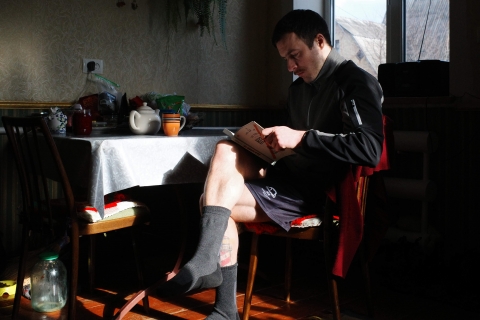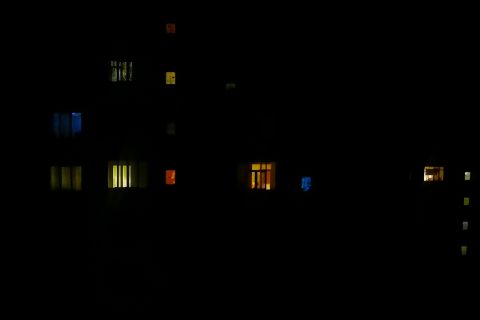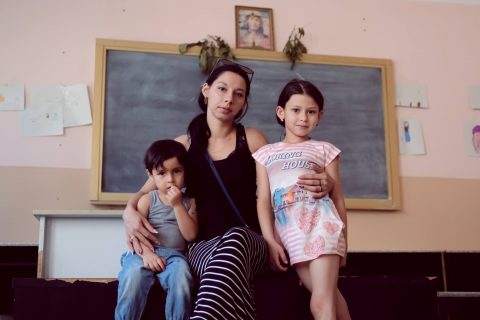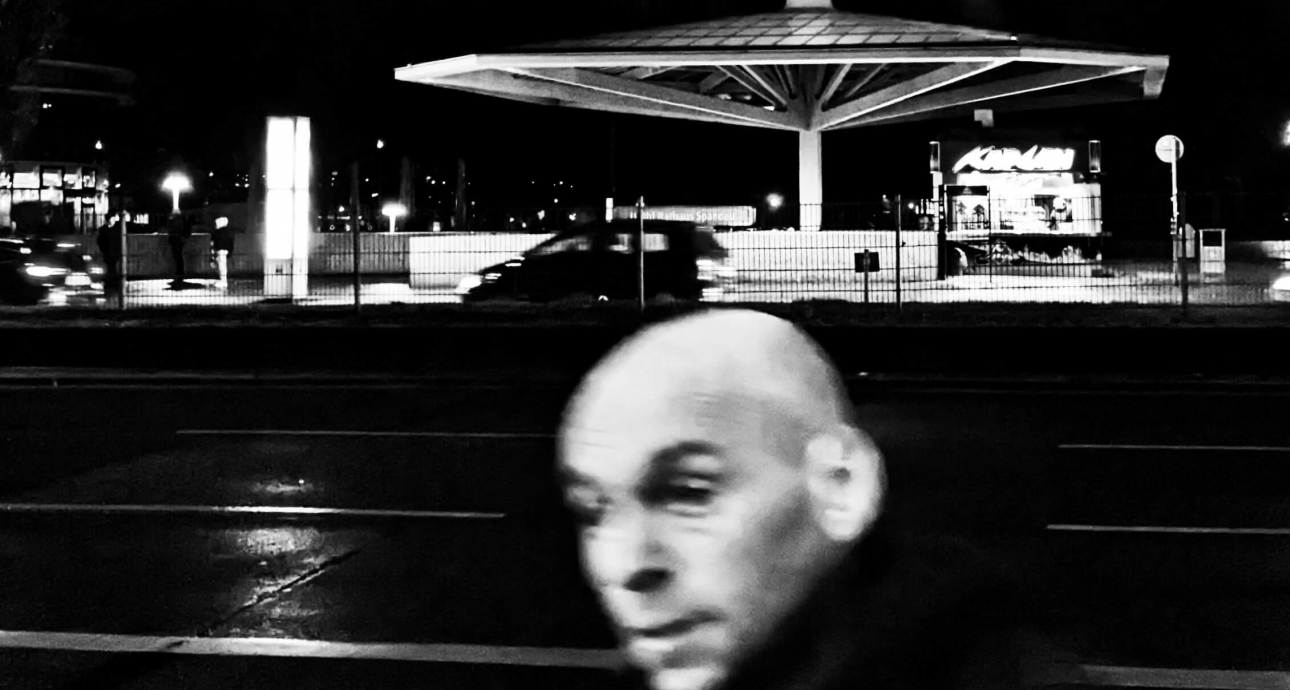
We are here temporarily, maybe forever
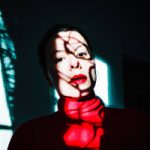
An artist and photographer from Kharkiv. A member of the Ukrainian Women Photographers Organization. She has exhibited in Paris, Chicago, Beijing, and Berlin. Currently living in Berlin.
— At first, I felt lonely and helpless when I arrived in Berlin at the end of August. To overcome these feelings, I started looking for acquaintances here and that’s how Maria and I began supporting each other.
Dealing with German bureaucracy is the most challenging thing we face almost every day. For instance, at the end of last year, I wrote two articles for a German magazine, and I had to fill out the income statement form nine times. But communication in Berlin is straightforward, and I quickly discovered the ability to get to know new people. I am also delighted with the large number of Ukrainian artists in the city. In Berlin, you can walk through the Helmut Newton Museum and accidentally meet Katya Lesiv or come to an exhibition and see Chekachkov. We did not see each other that often in Ukraine.
Berlin is an incredibly diverse and inclusive city where people of any views, values, nationalities, races, and sexual preferences can find themselves. But if you find yourself in such diversity when there is a war in your country, it can still be difficult to find your place.
On the one hand, it is an almost perfect environment for an artist. On the other hand, the only “normal” job (as stable employment from Monday to Friday is called in Germany) that I can apply for is to be a cleaner, maid, waitress, or assistant to a kindergarten teacher.
From the first day, I took photos of everything that was nearby. This became one of the ways to communicate with loved ones who are now in Kharkiv: “Look, this is what is here, and this too.” Later, I started to look at the city, find things that reminded me of home, and tried to feel if I liked Berlin. And gradually, I realized that I was getting pretty good at navigating it, understanding bureaucratic language, knowing where to go and how to solve household problems.
So this project is about reevaluating values, searching for images that remind us of home, and about the dialogue of two women who found themselves here at the same time – entering adulthood. But it’s like we’ve gone back to our student days: we don’t have a job, money, or a place to live, but we have an incredible thirst for life and huge plans for the future.
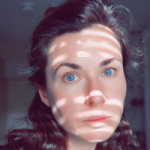
An artist and photographer from Kyiv. She has participated in exhibitions in London, Krakow, Kyiv, Lviv, and Arles. She was a finalist of the Sony World Photography Awards 2018 and is a member of the Ukrainian Women Photographers Organization. She studied photography at Bird in Flight and MYPH schools. Currently, she lives in Berlin.
— I ended up in Berlin by chance. I left Ukraine at the beginning of the full-scale invasion and stayed in Warsaw for some time, completely lost, traumatized, and disoriented. When I found out that several of my works were selected for a group exhibition in Berlin, I decided to go to the opening to feel some ground under my feet, to hold on to a piece of my previous life and remember who I was. I did not intend to stay in Berlin, but a chain of coincidences and wonderful people became my Virgils in these “circles of hell.”
Unlike Victoria, I did not feel lonely in Berlin, but I did in Warsaw. There, I clearly felt not only that I was alone but also my status as a “refugee,” which was very difficult for me psychologically. I could not stand that the locals looked at me with pity and sympathy. Surprisingly, knowing the Polish language only intensified this feeling. In Berlin, as they say, nobody gives a f*ck. You just go out on the street and become part of this ant colony. Besides, the city is so marginal, antisocial, beaten, and broken that it resonated strongly with how I felt – in some neat and fairytale-like place, I probably wanted to hang myself.
The first thing I saw when I arrived in Berlin was a man injecting himself on the metro platform. I thought to myself, “This is where they’re going to kill me.” But after living near that station for a few weeks, when you step over that guy, you ask, “What`s up, Johann, didn’t die today?” You understand that all of this is part of the environment – the woman who cuts her toenails on the subway, the man who cleans and eats boiled eggs during the concert, the homeless, the urban crazy, the strange local fashion where you have to look like you found things in the trash (which is actually convenient and helps save money).
Locals repeat like a mantra – the system is set up so that under no circumstances will you end up on the street and the state will take care of you, but I almost always feel totally unprotected. My registration can disappear now, and for the system, I will cease to exist. I won’t be able to work legally, pay taxes, or have health insurance. All my hard work can turn into nothing, and the only way for me is a refugee center.
I’ve been in Berlin for a year now, and during this time, I started to perceive it as home, especially when I leave the city and return home after a week. This feeling actually scared me because my home is in Kyiv.
From January 1, 2022, within the framework of, so to speak, therapeutic practice, I started to make a self-portrait and a photo of the window every day. I brought this ritual with me to Berlin. I planned to do this for a year for personal reasons when I didn’t know that the war would become full-scale, and I would be forced to leave my home, change countries, cities, hotels, apartments, and beds. I still can’t stop this practice because it allows me to feel some stability. Besides, I started collecting trinkets that helped me “appropriate” the city – taking pictures of broken windows, holes, and bumps, taped with mounting tape, funny graffiti, ironic street still lifes. Noticing and fixing them, I’m marking this territory as my own.
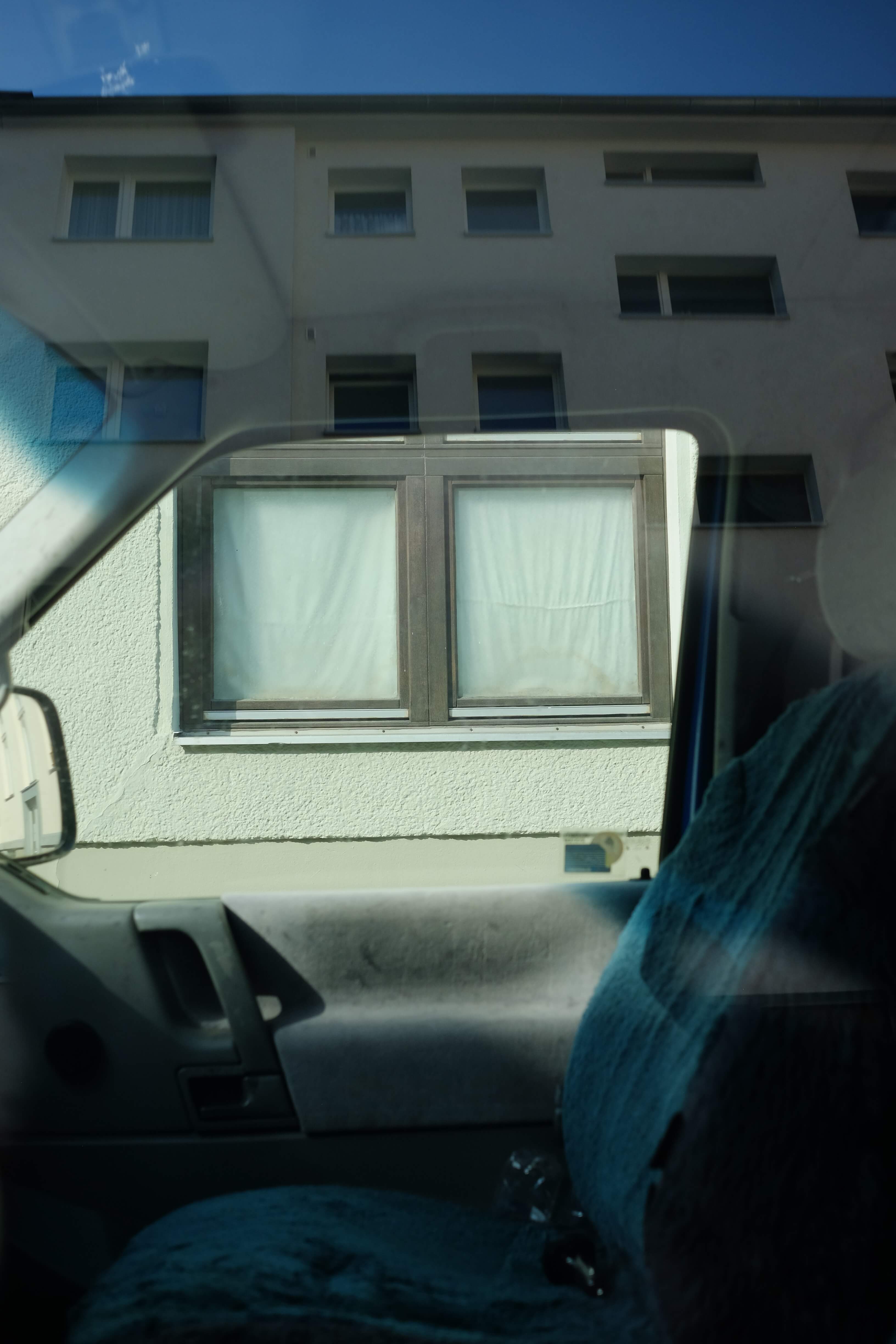
Maria Petrenko
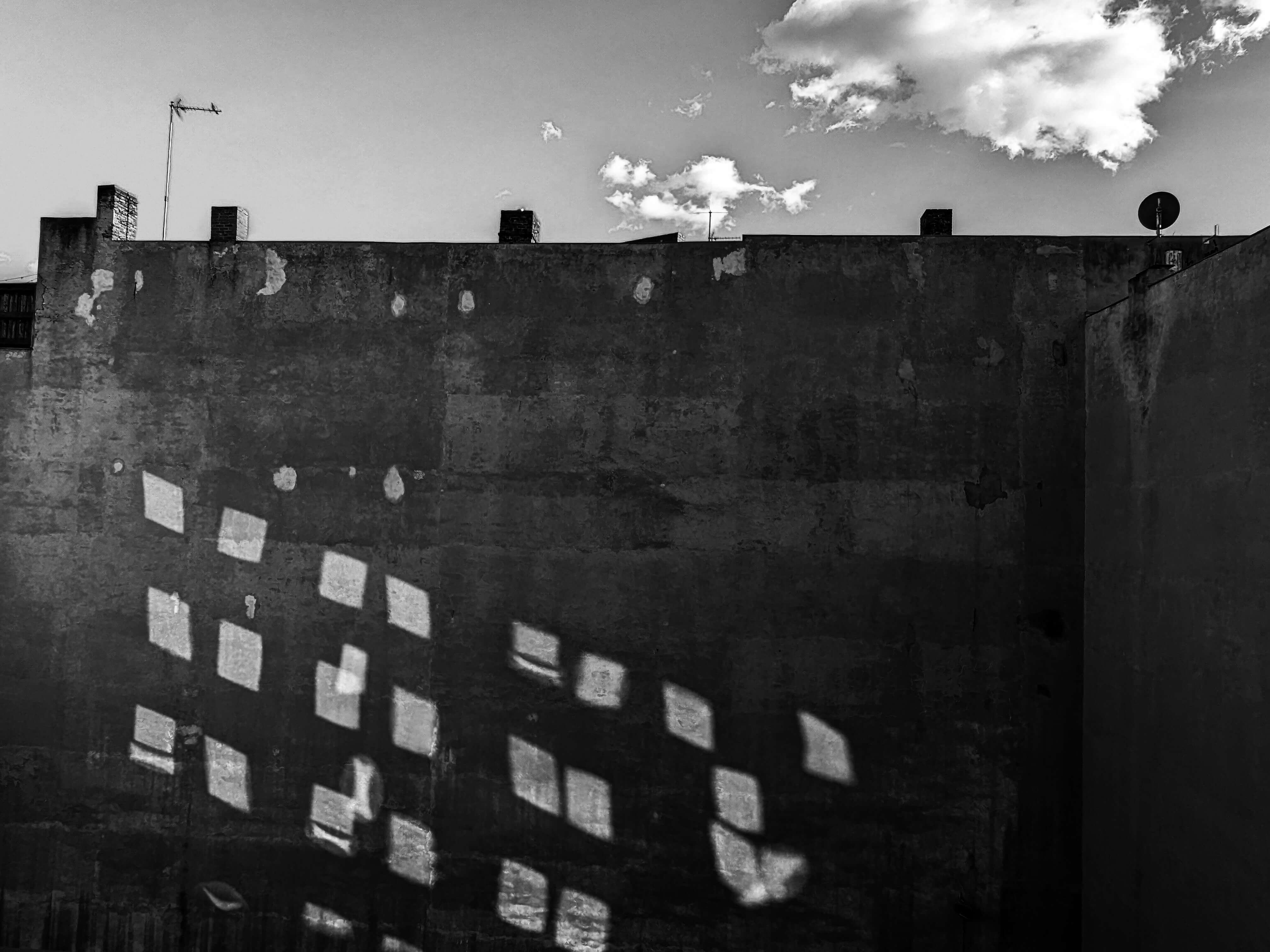
Victoria Likholet
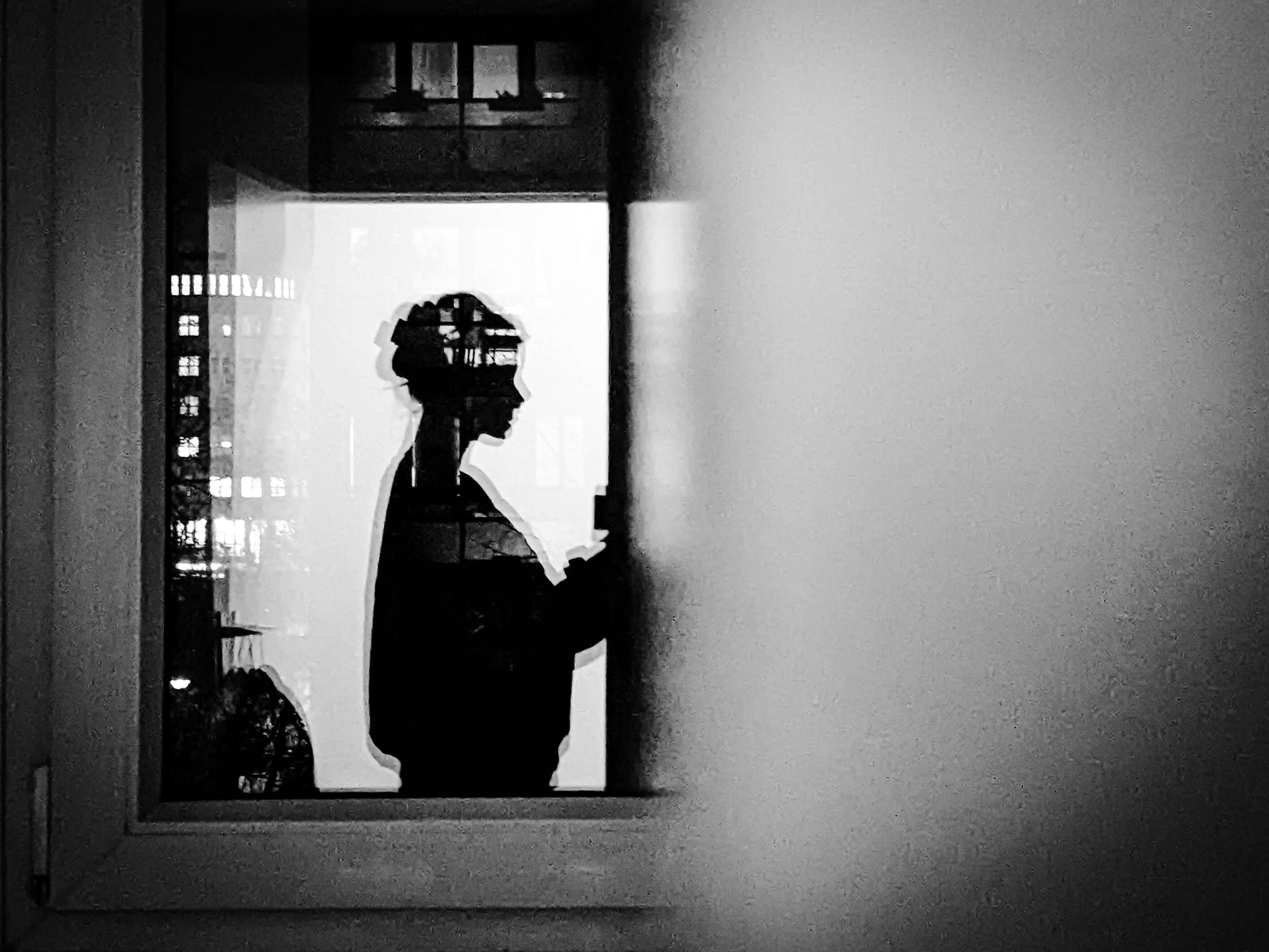
Victoria Likholet
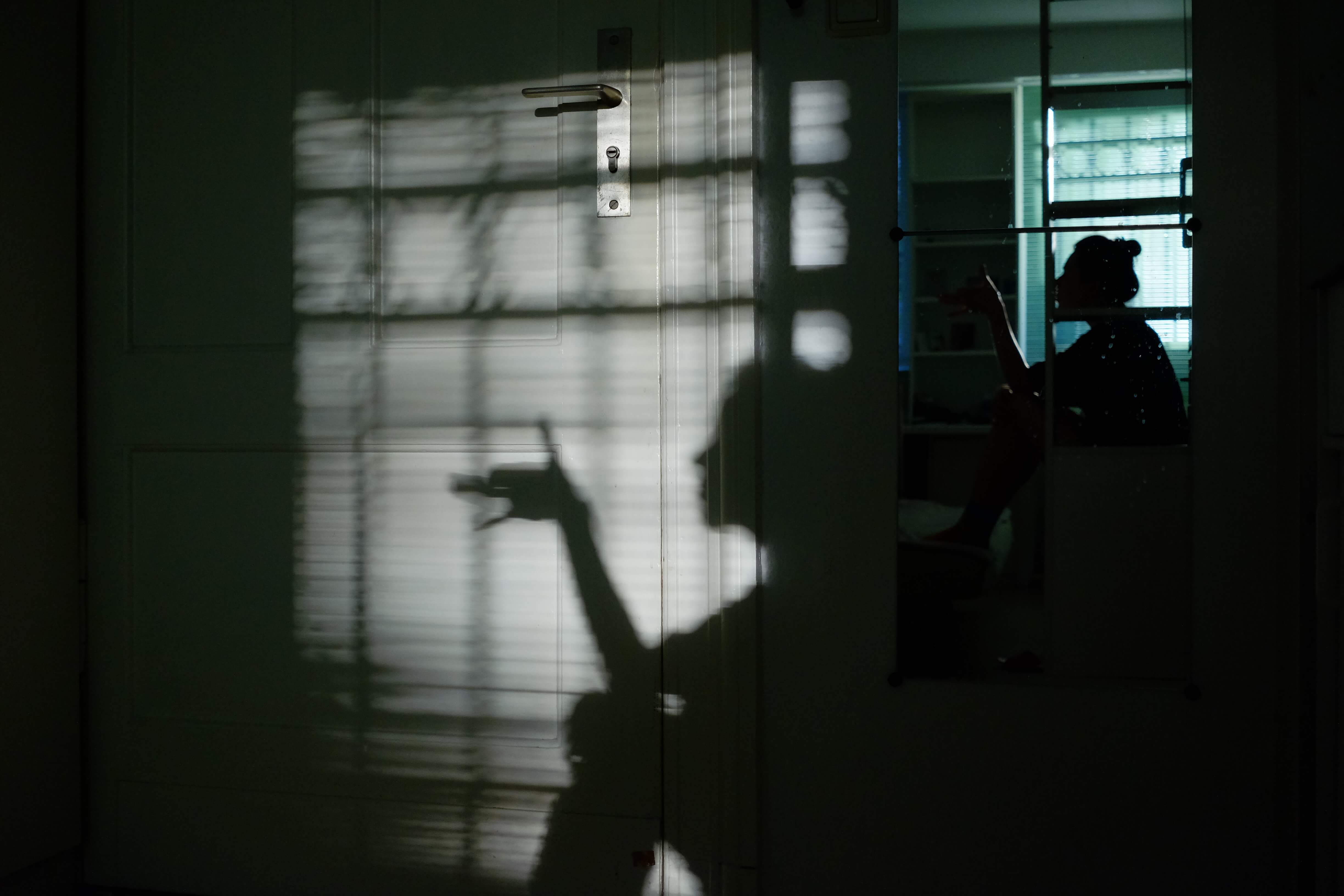
Maria Petrenko
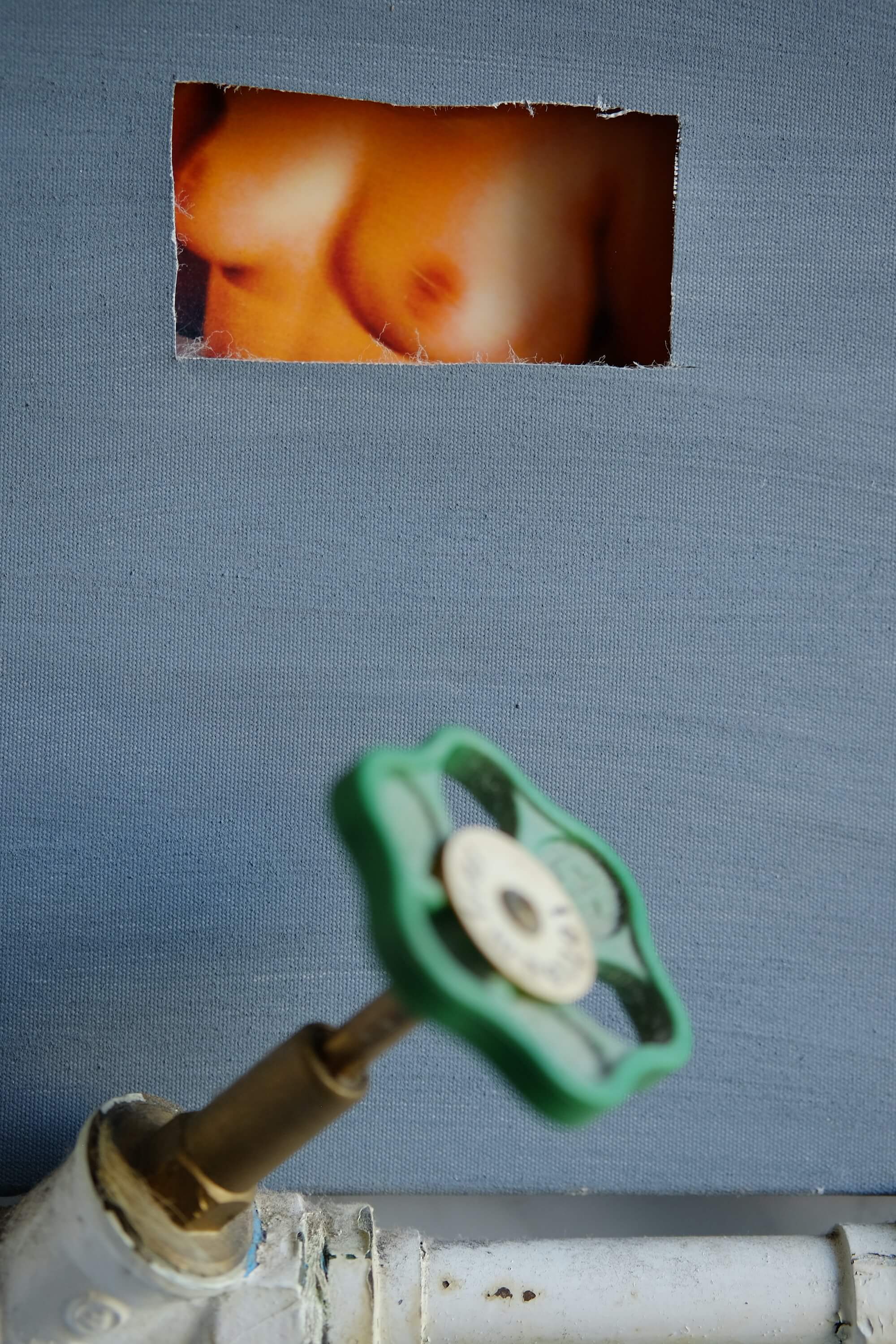
Maria Petrenko
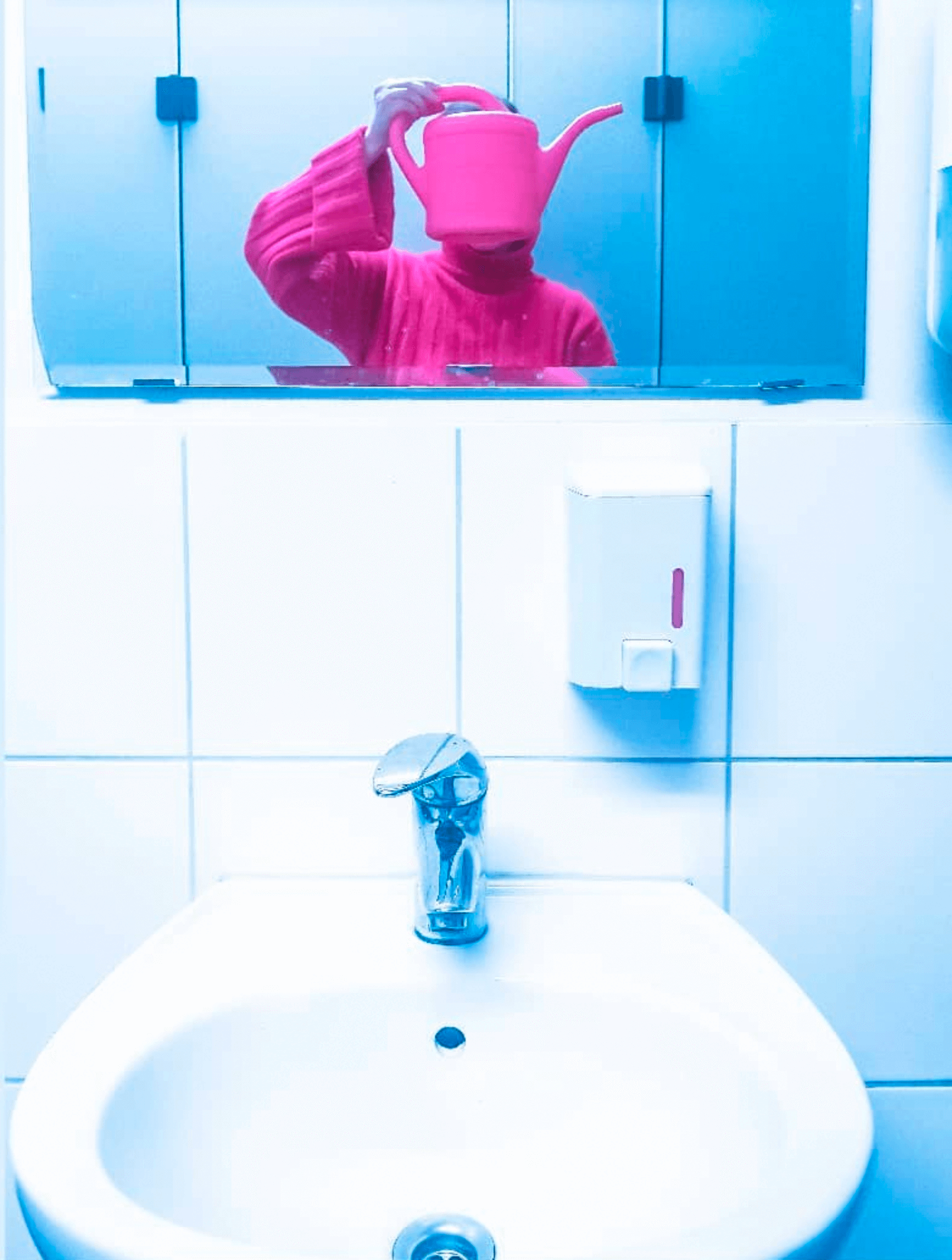
Victoria Likholet
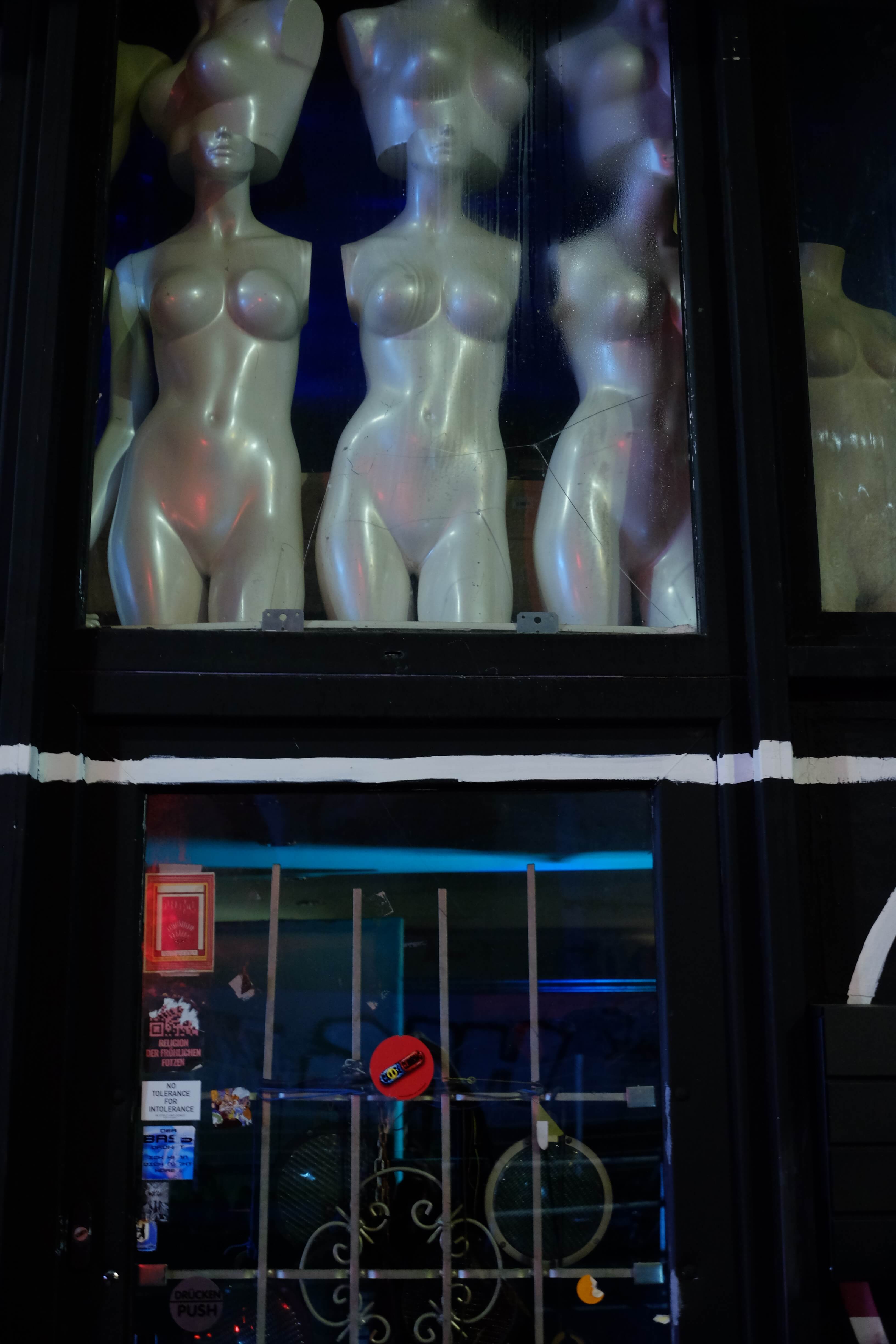
Maria Petrenko
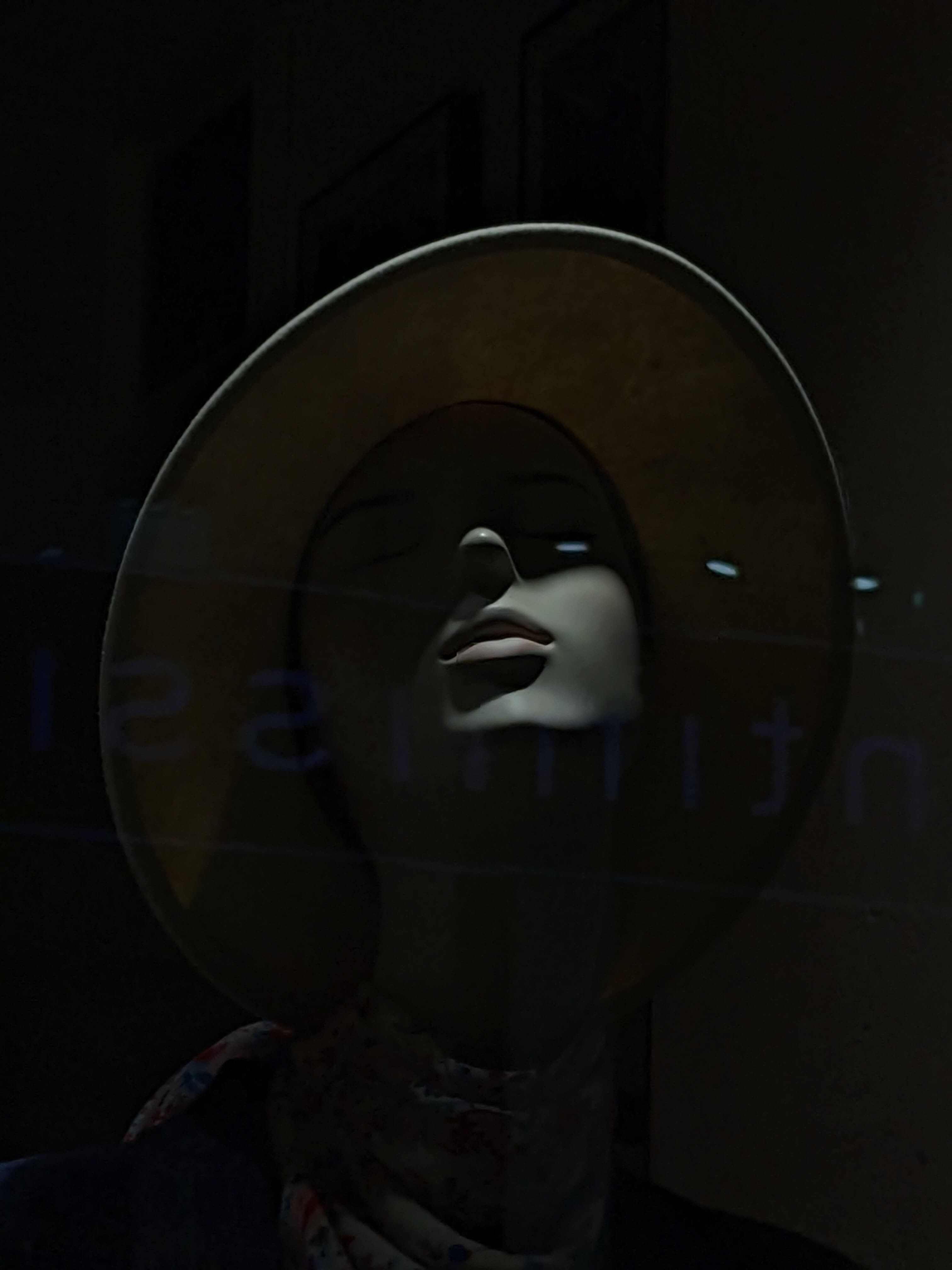
Victoria Likholet
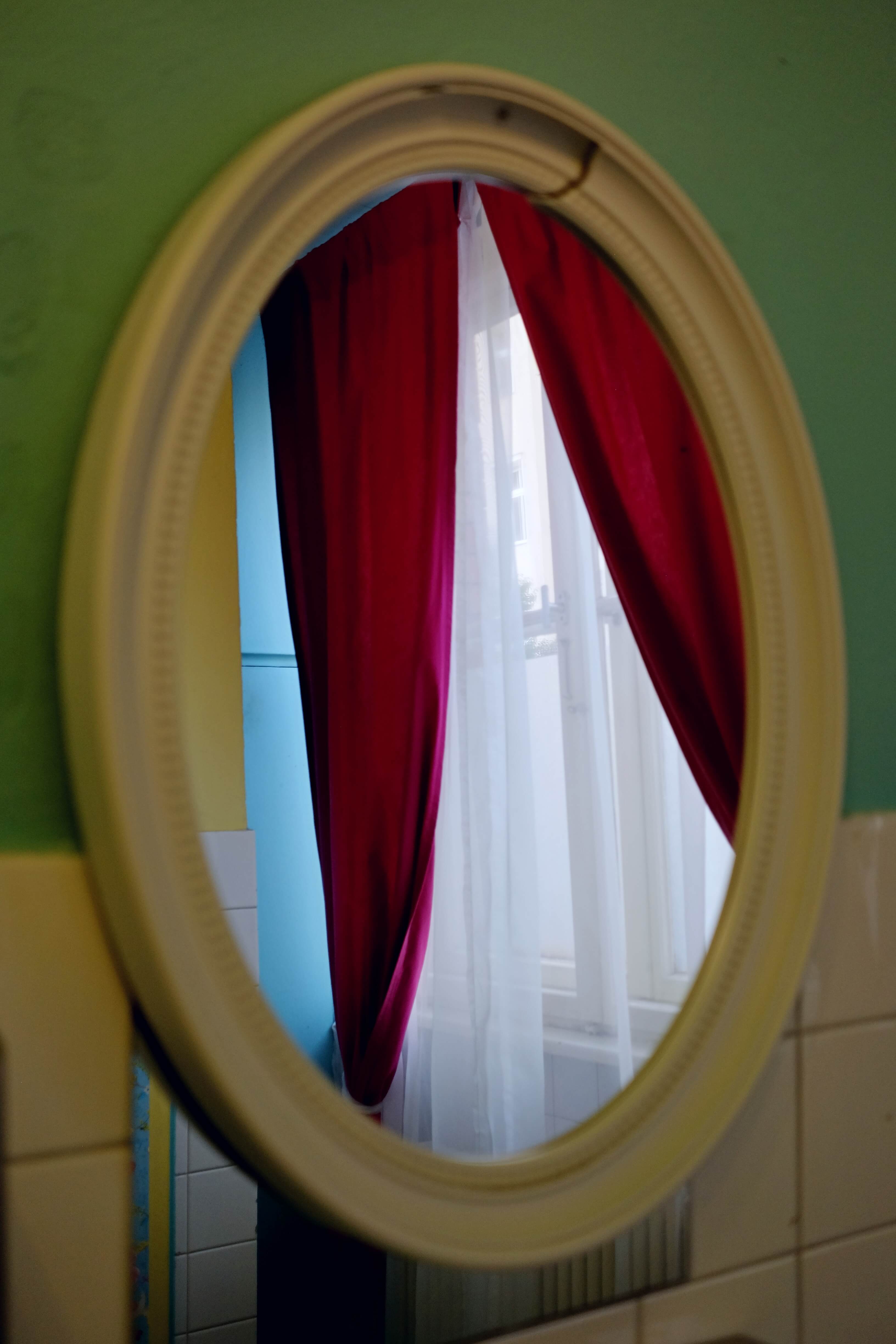
Maria Petrenko
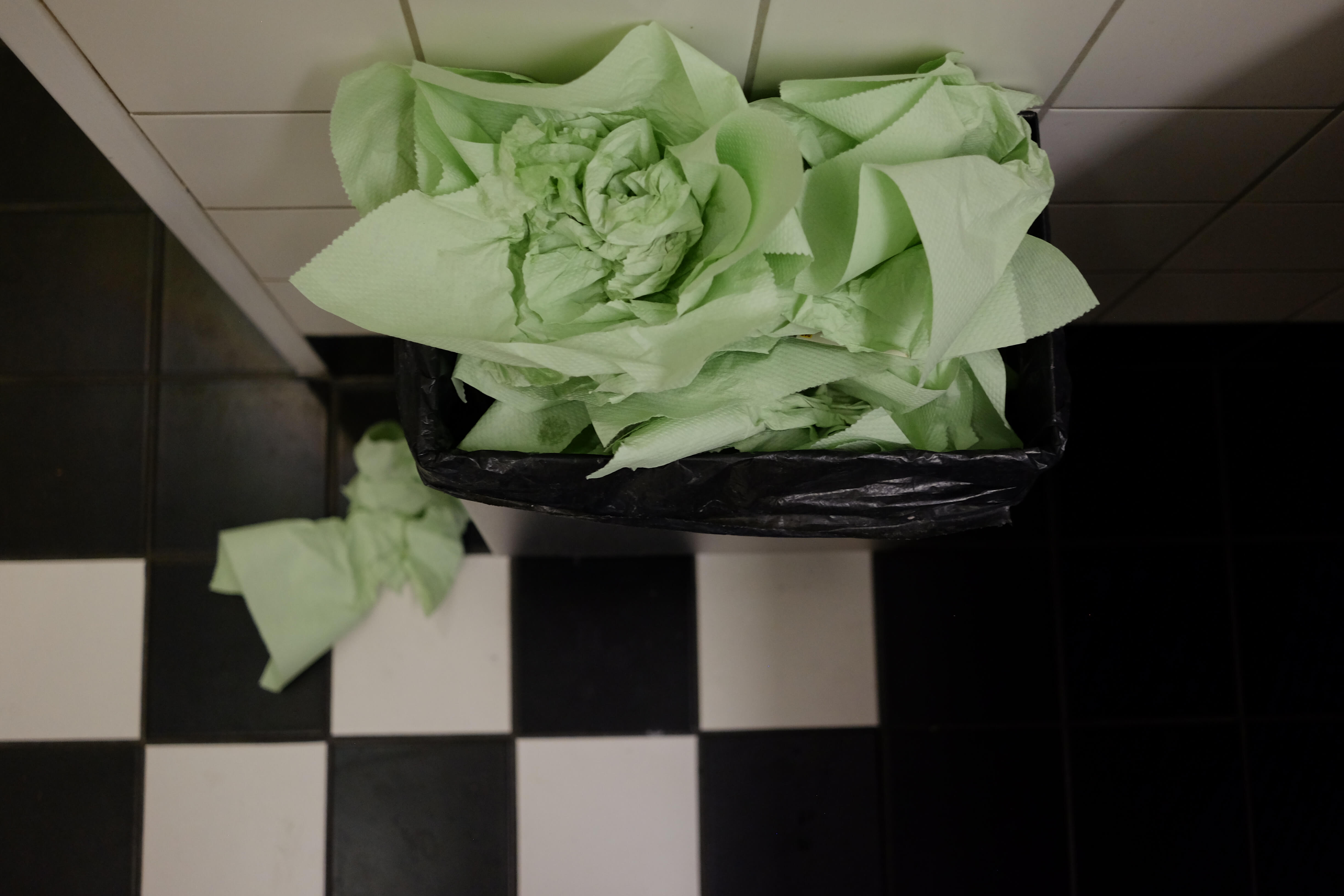
Maria Petrenko
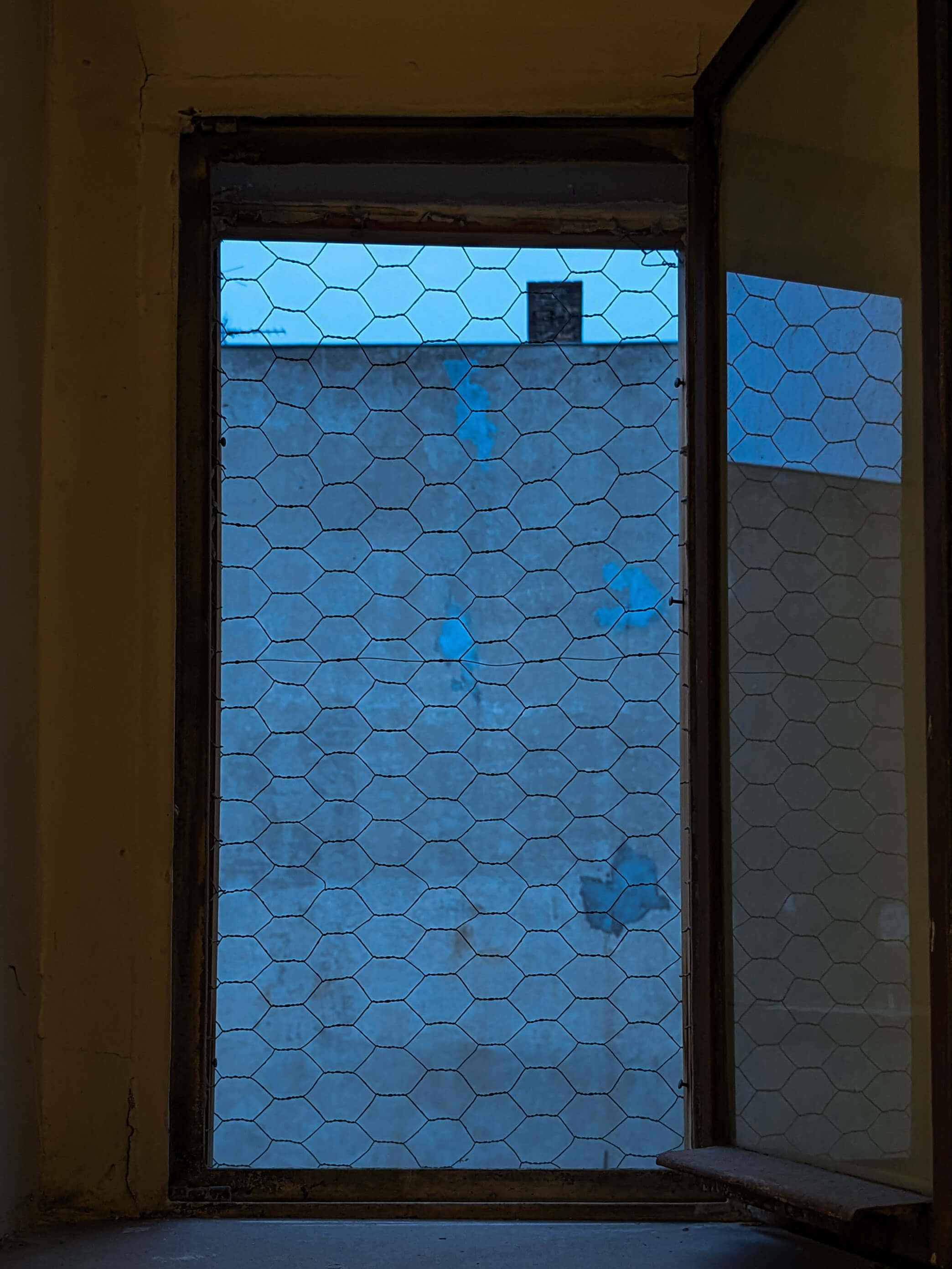
Victoria Likholet
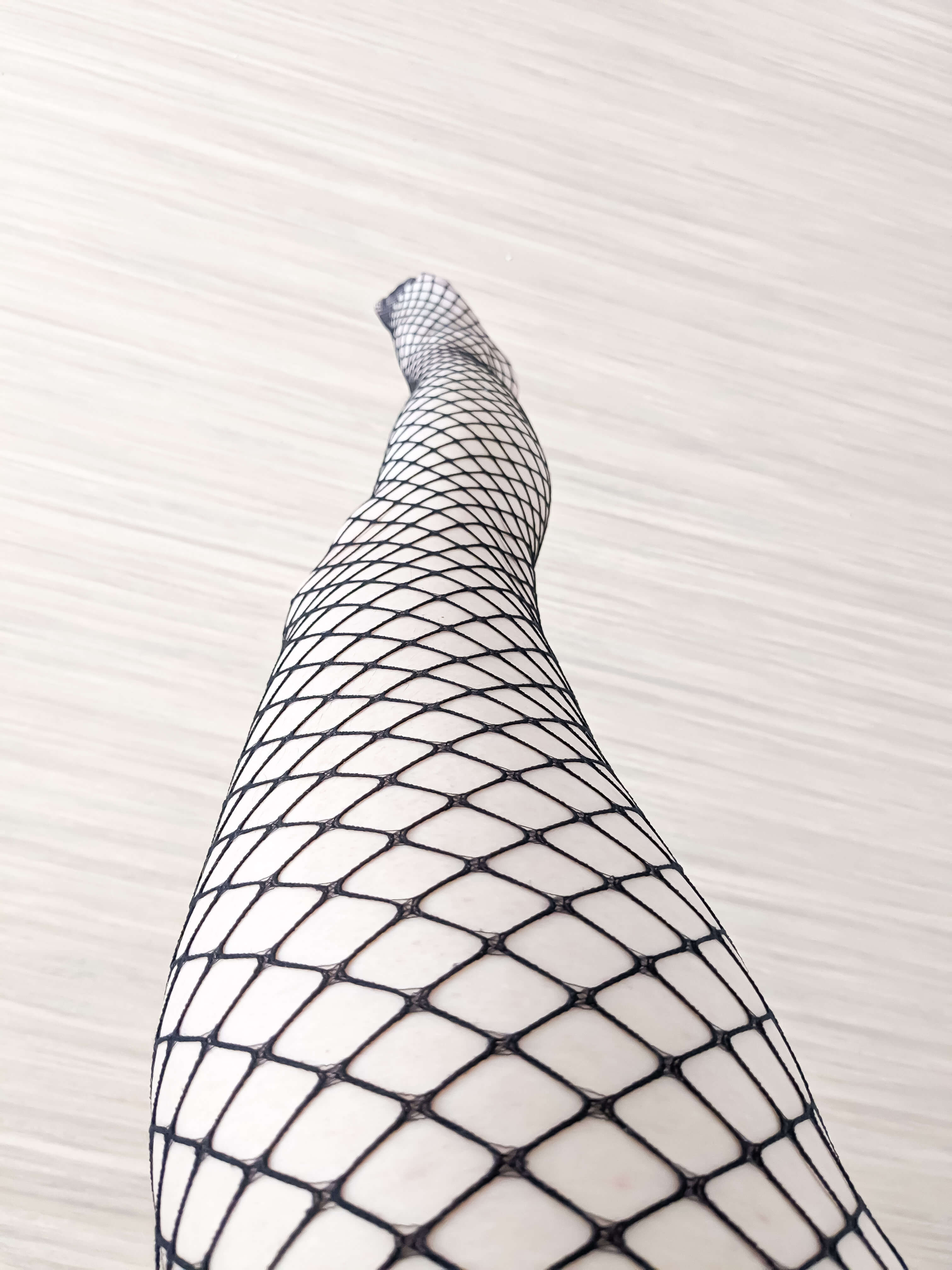
Victoria Likholet
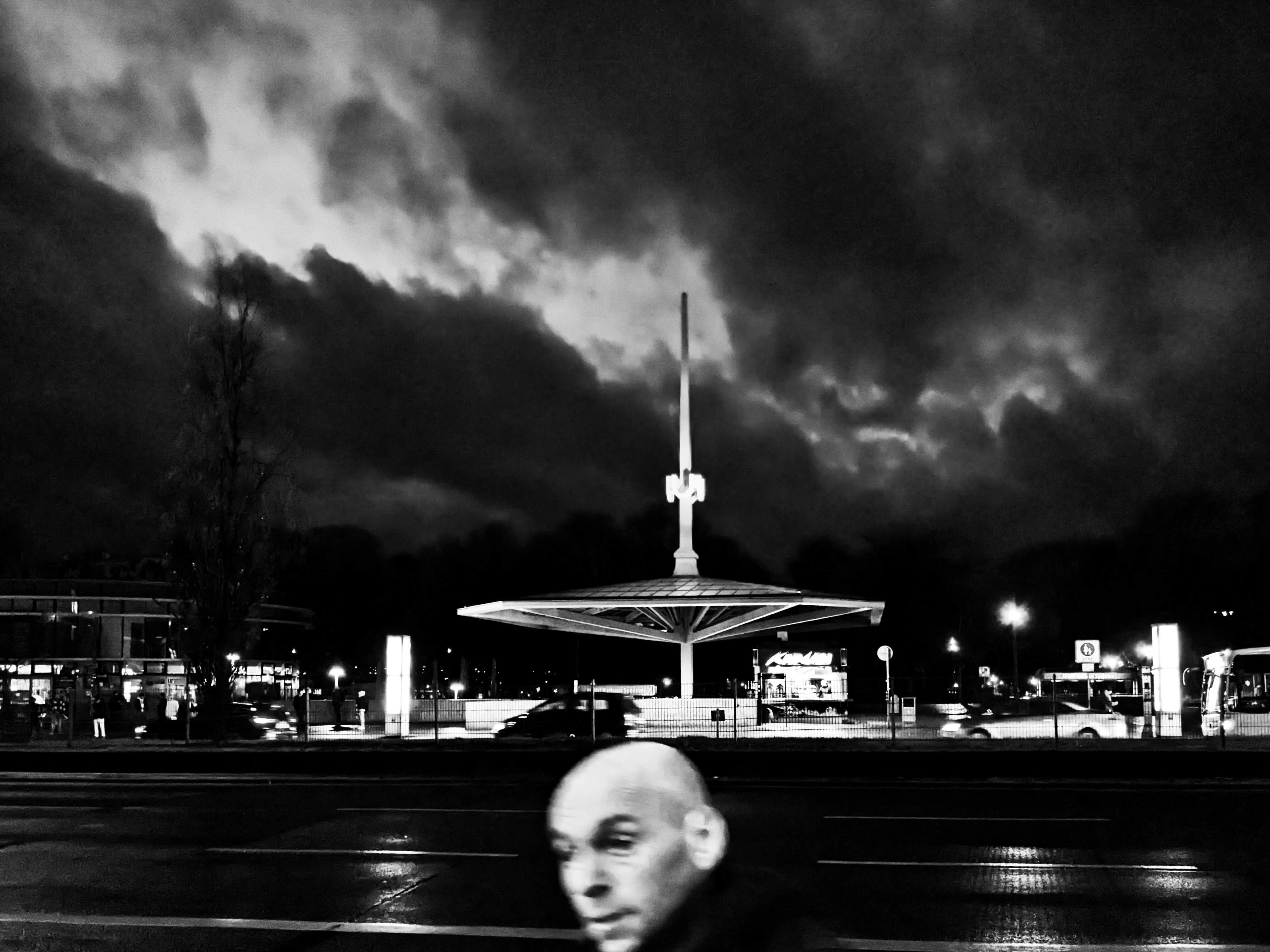
Victoria Likholet
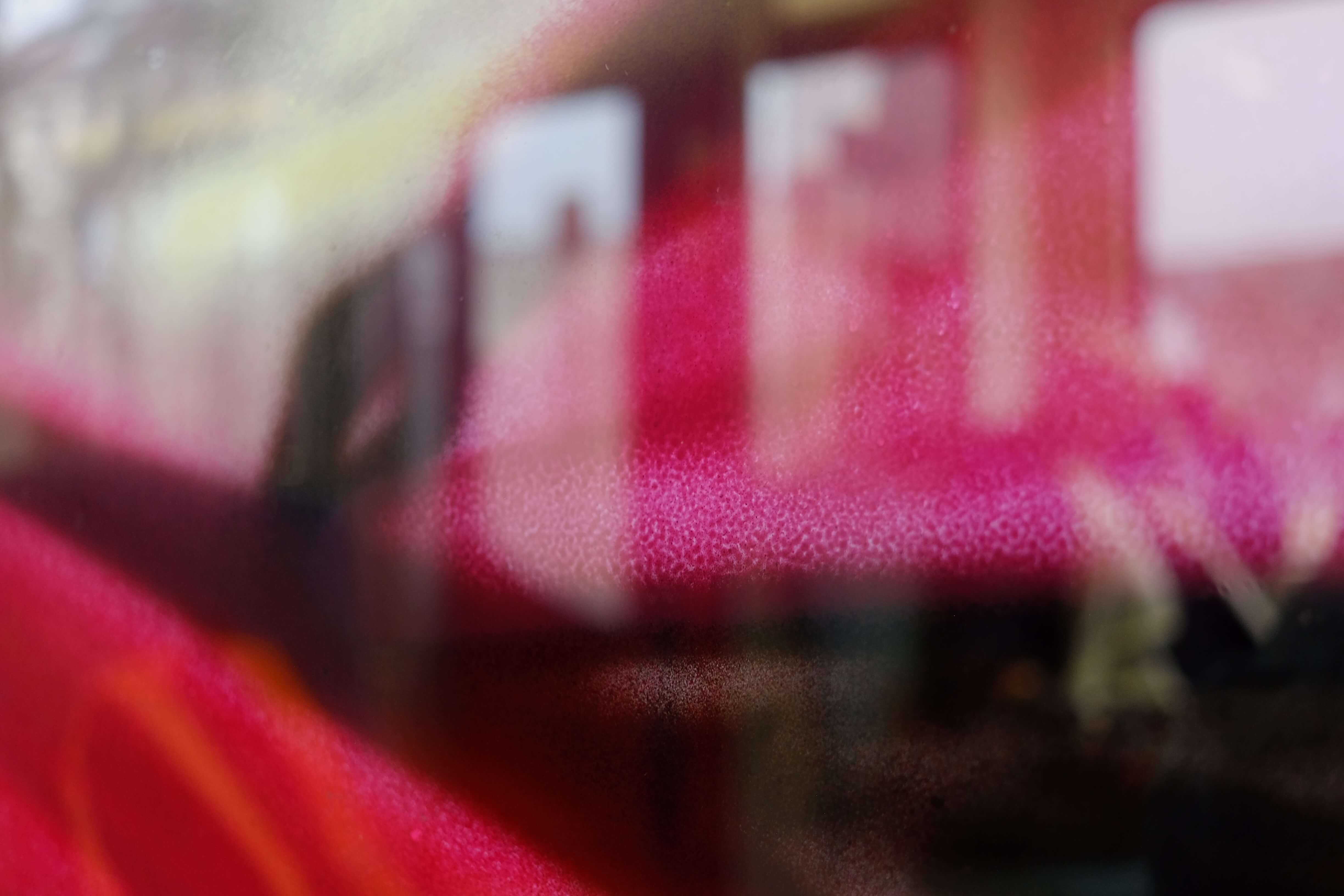
Maria Petrenko
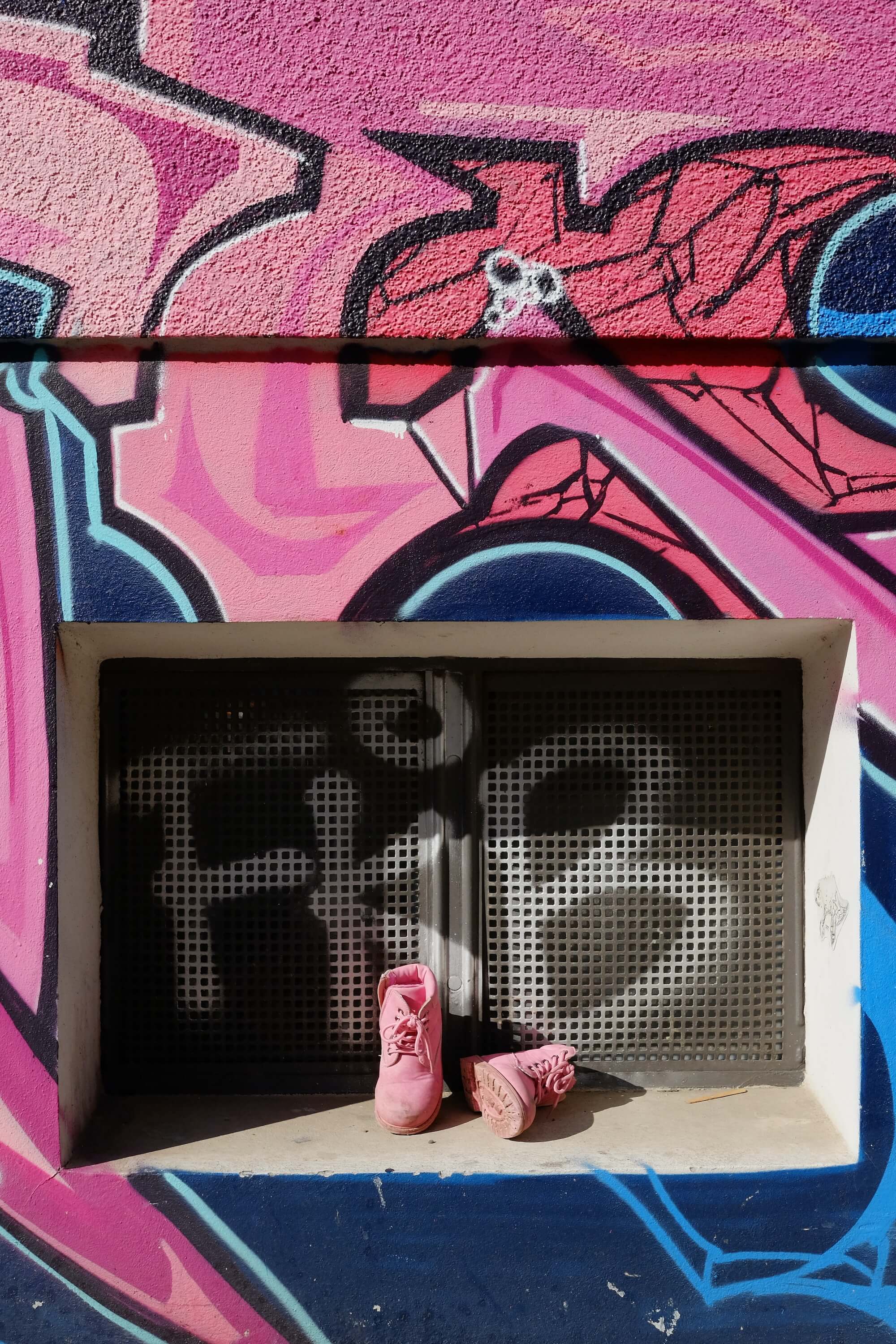
Maria Petrenko
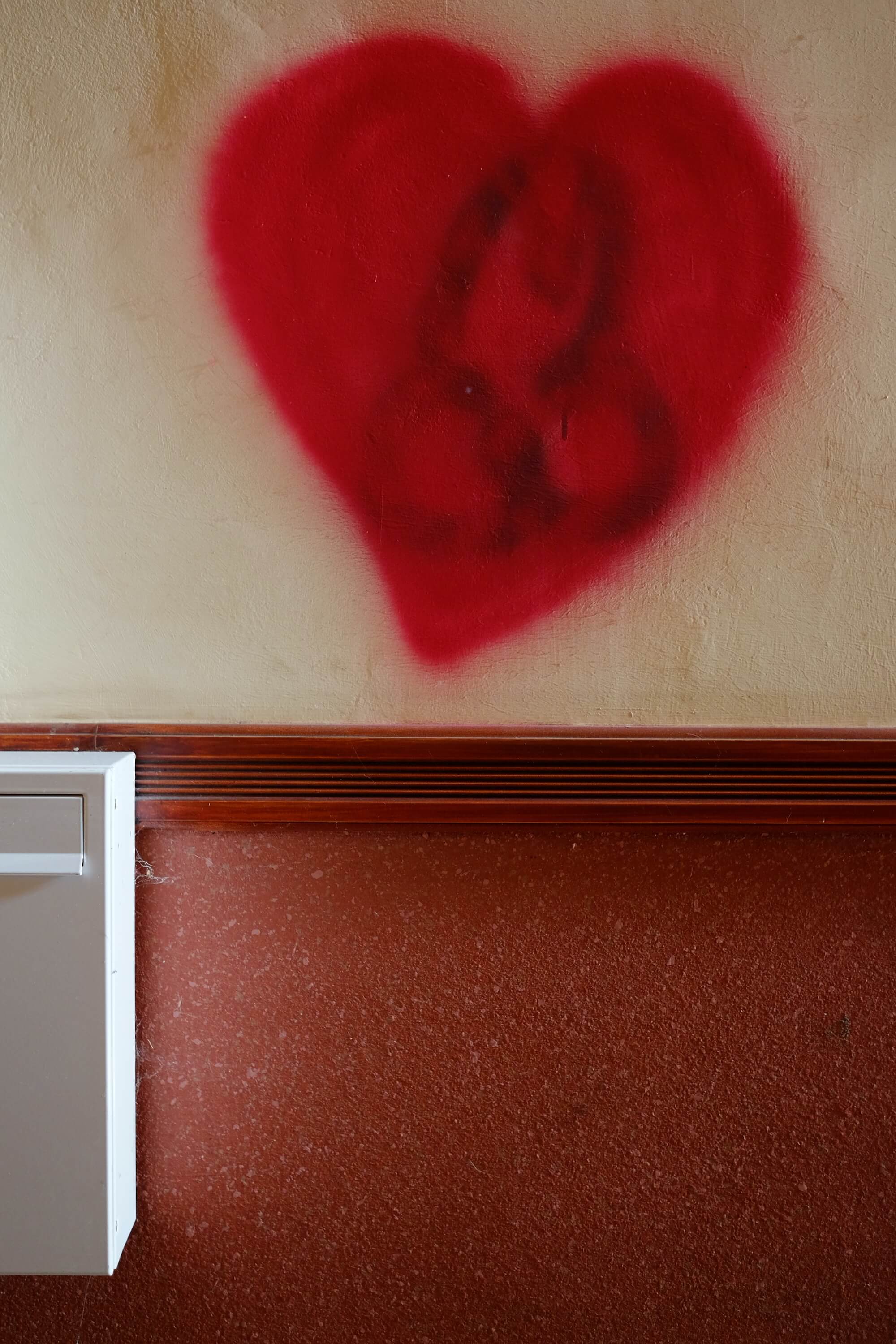
Maria Petrenko
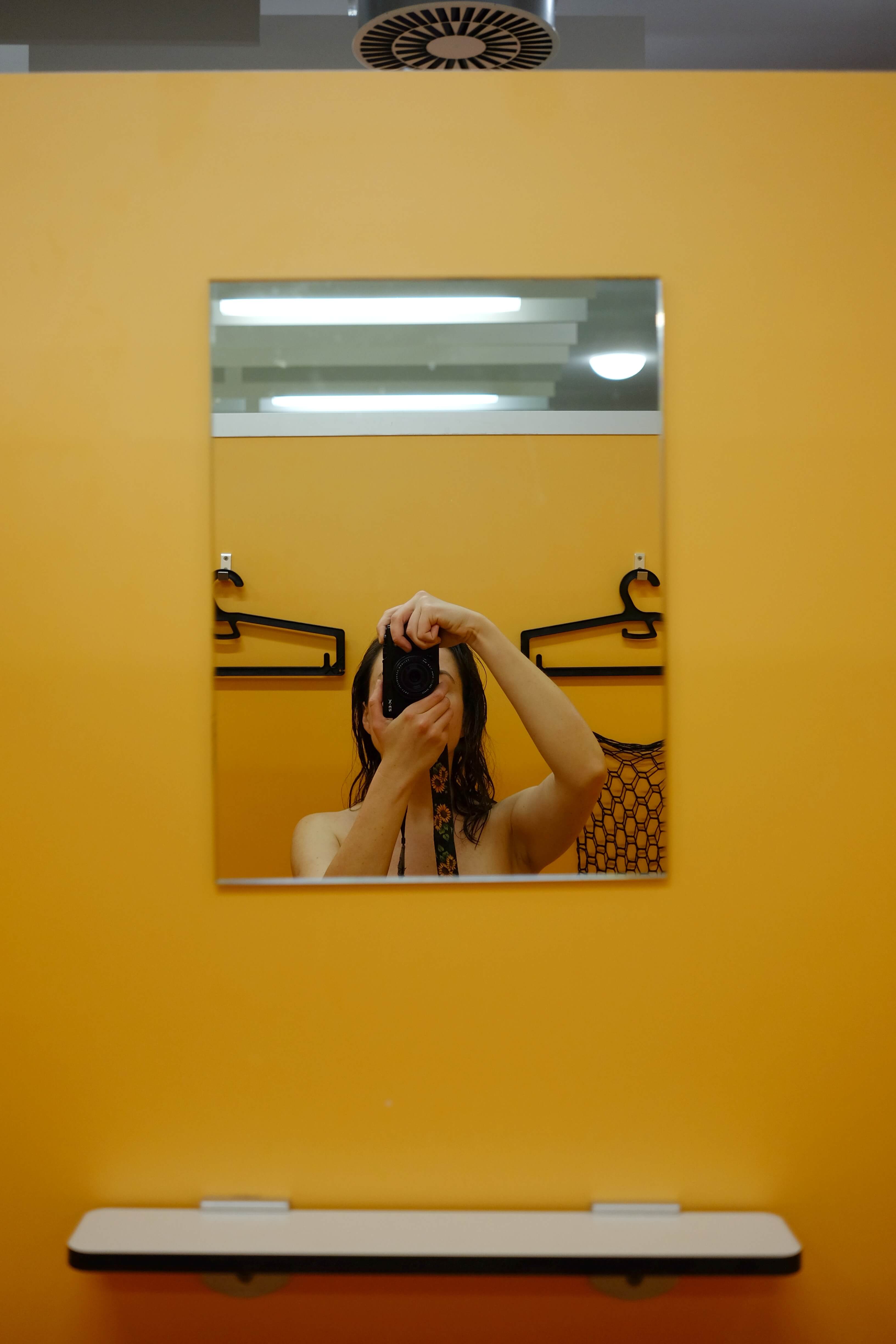
Maria Petrenko
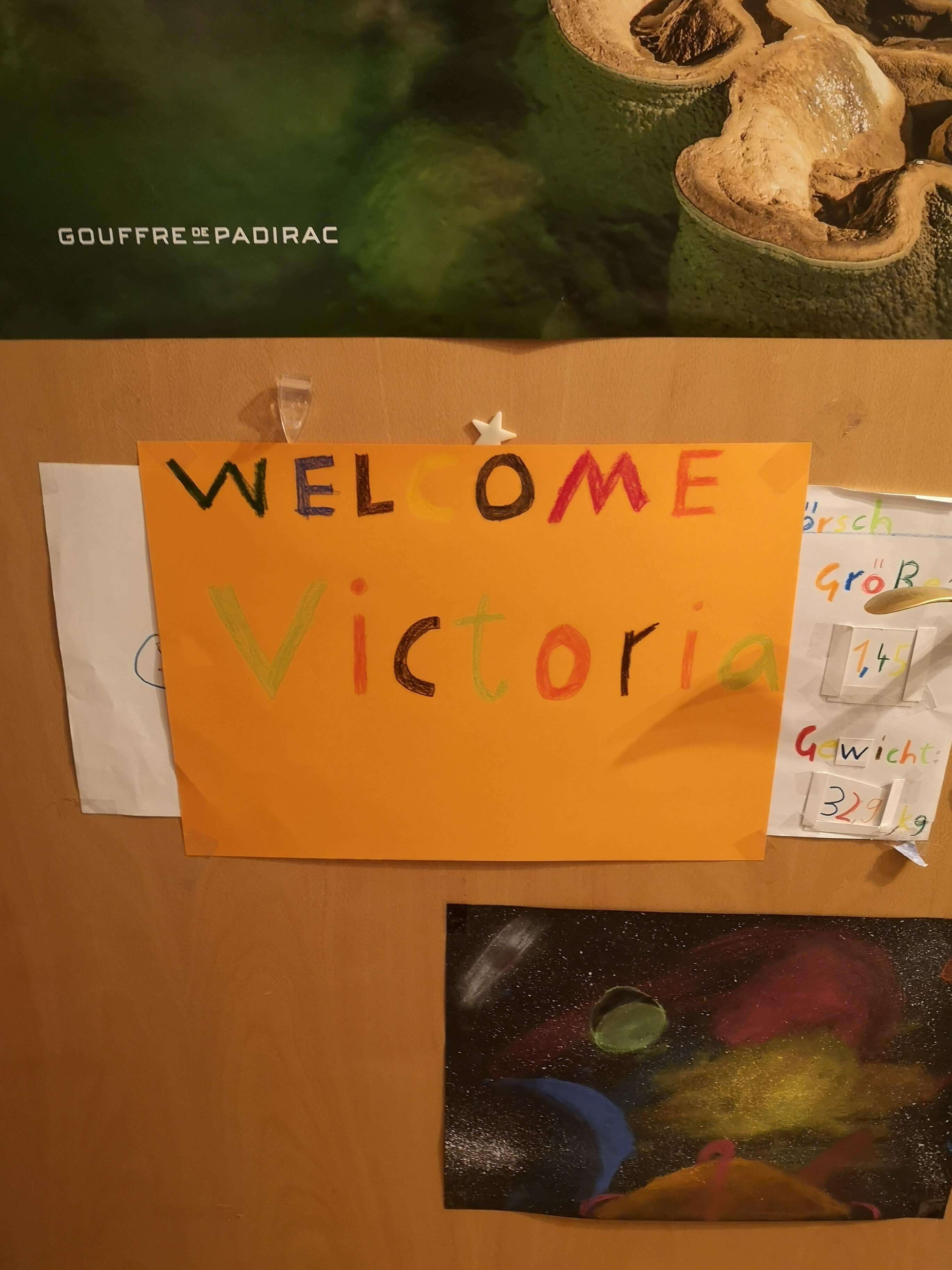
Victoria Likholet
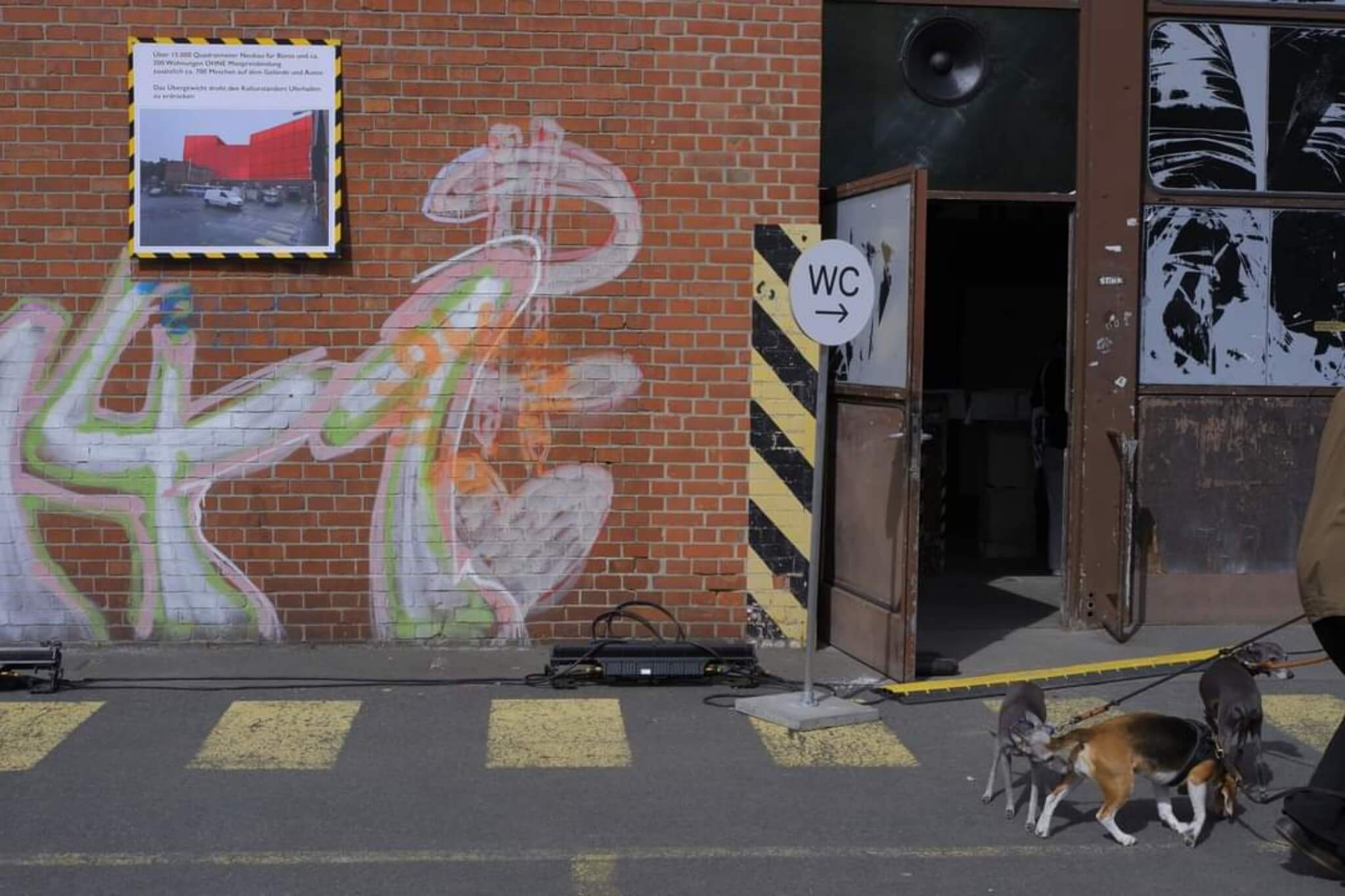
Victoria Likholet
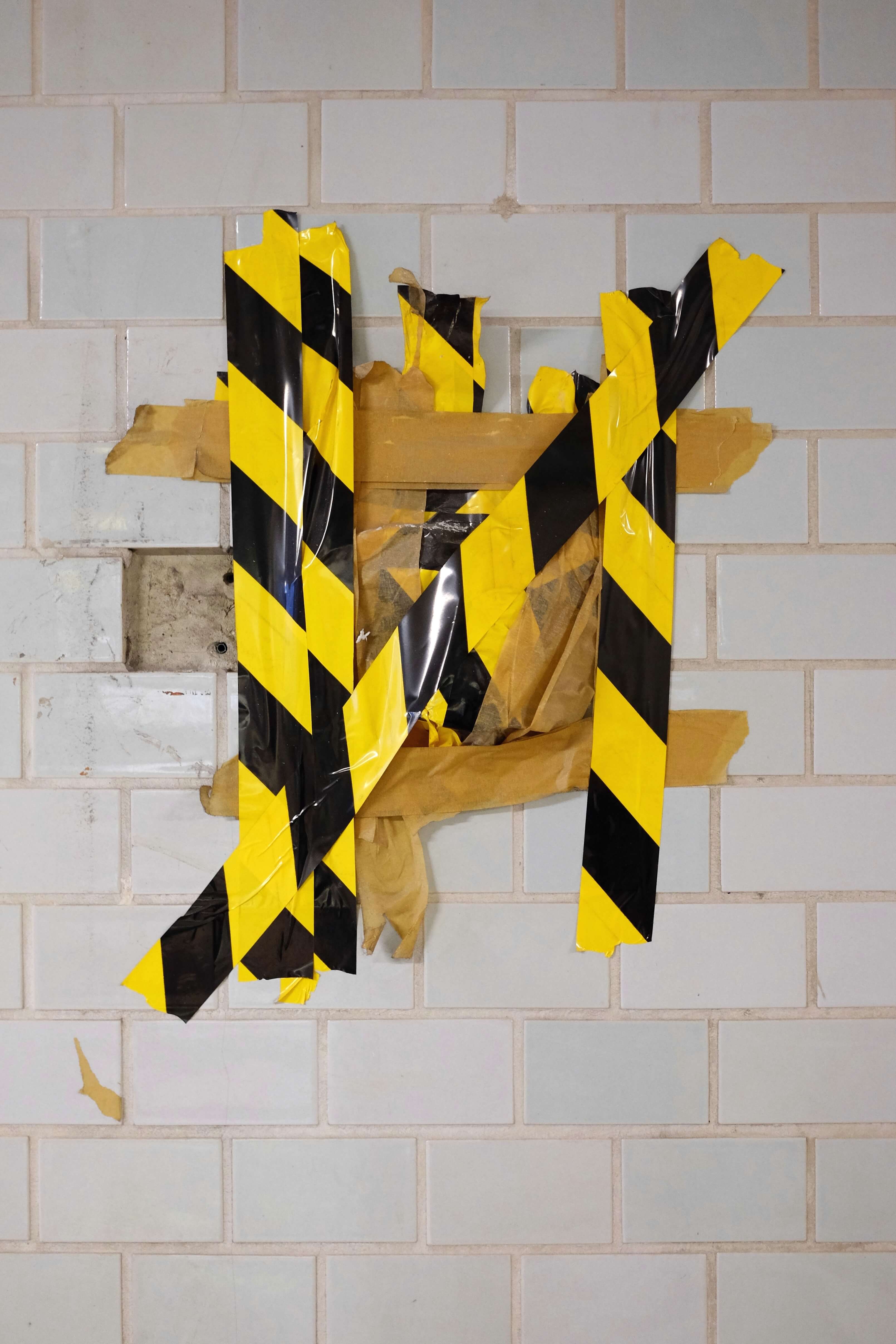
Maria Petrenko
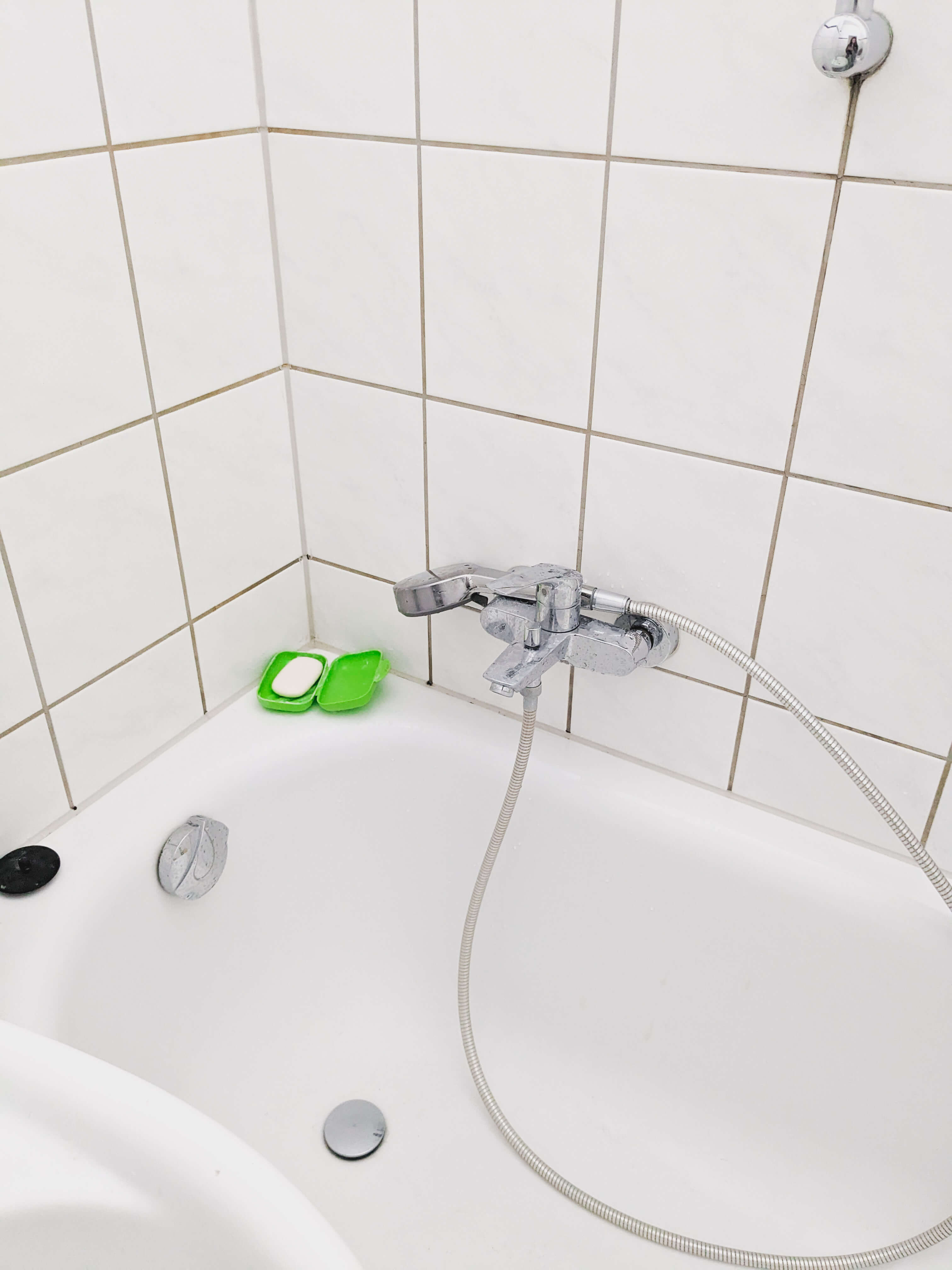
Victoria Likholet
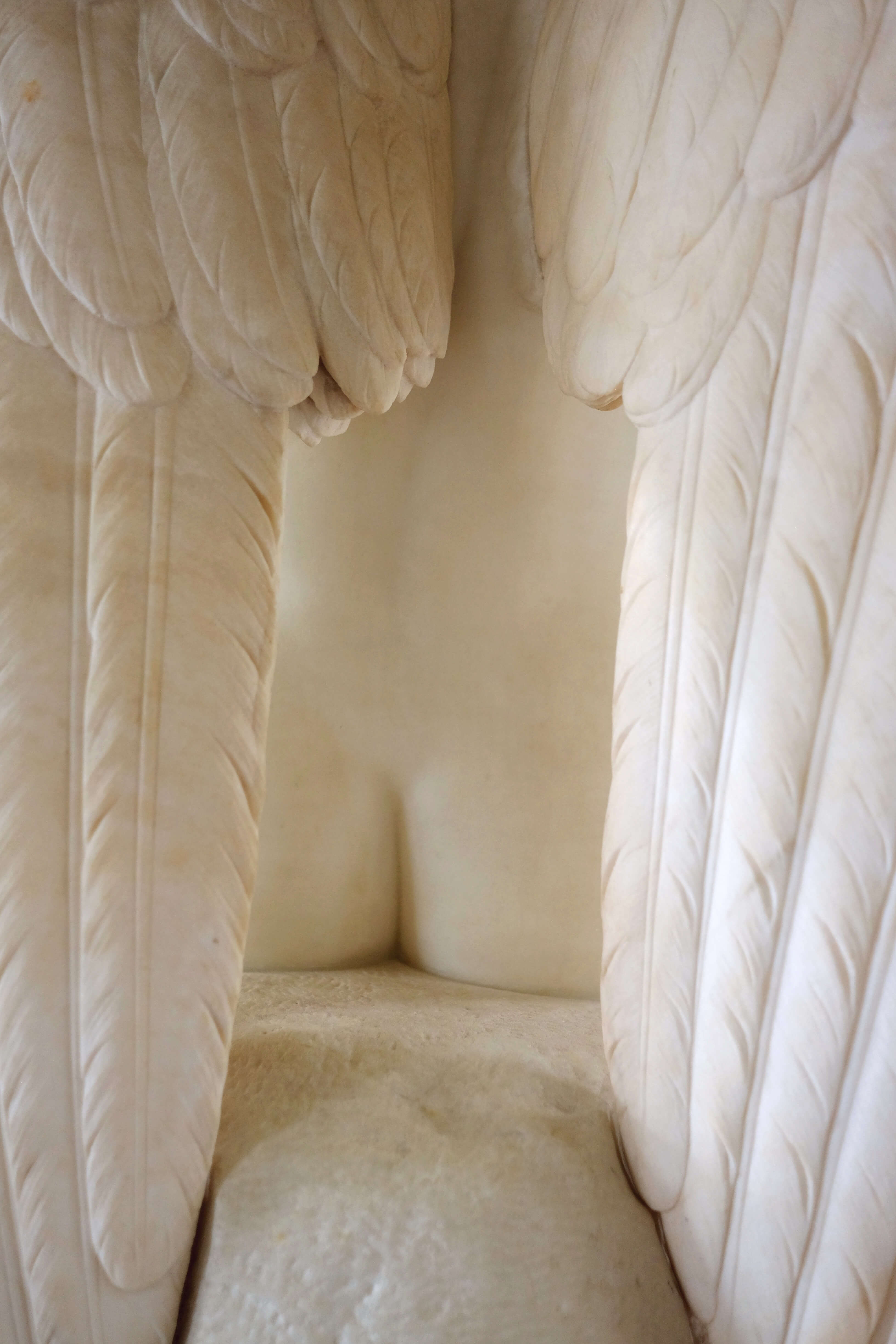
Maria Petrenko
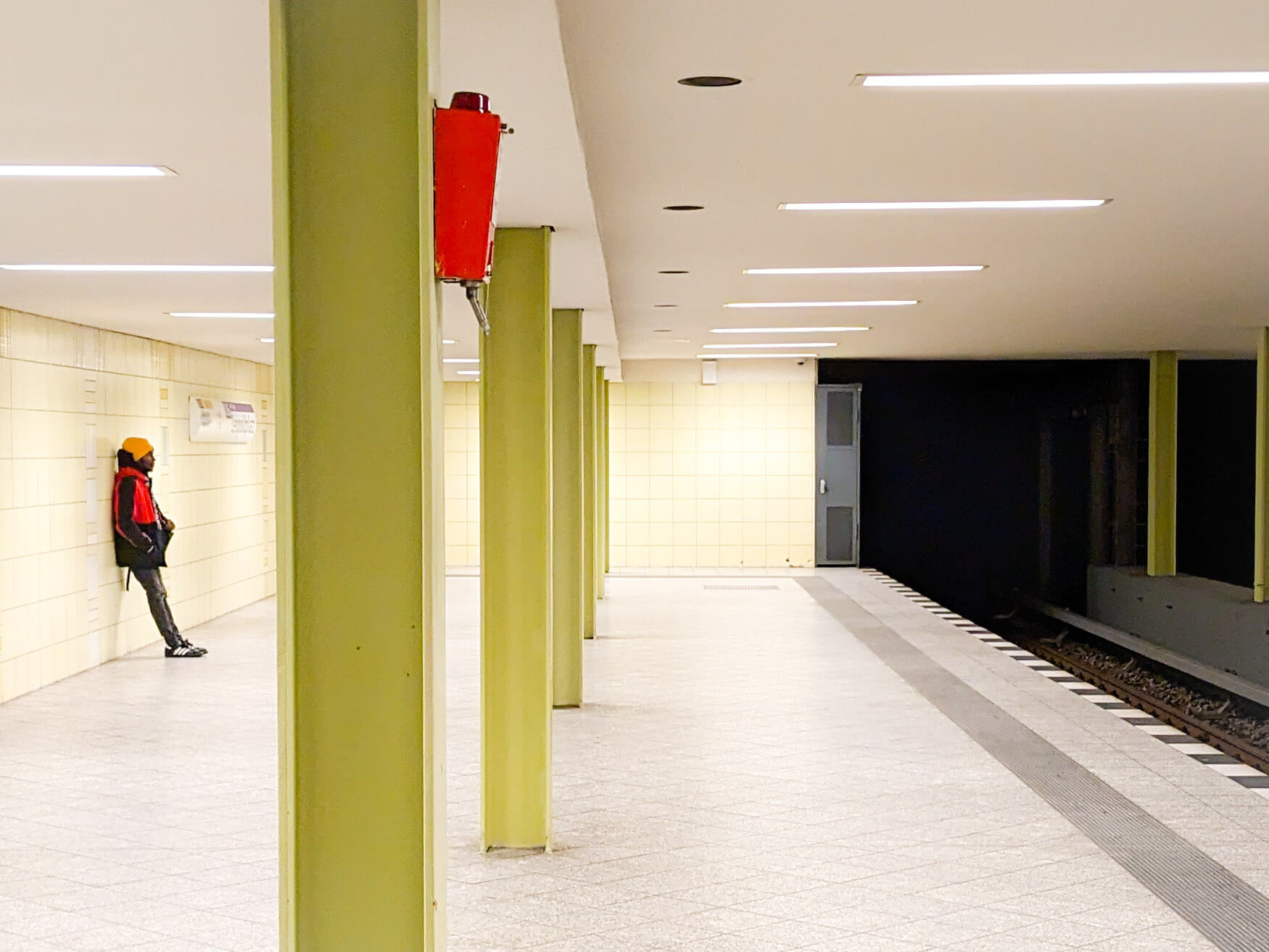
Victoria Likholet
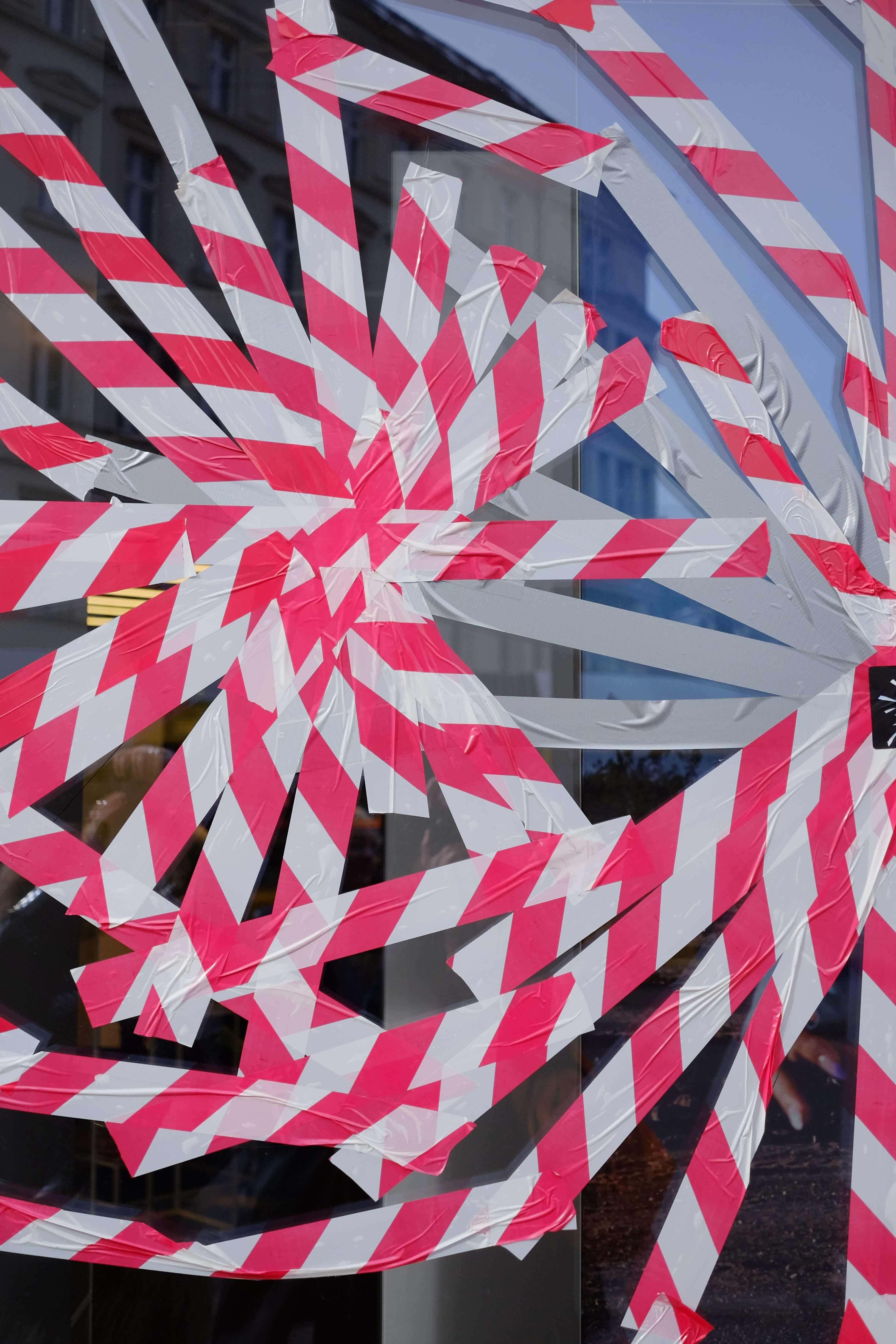
Maria Petrenko
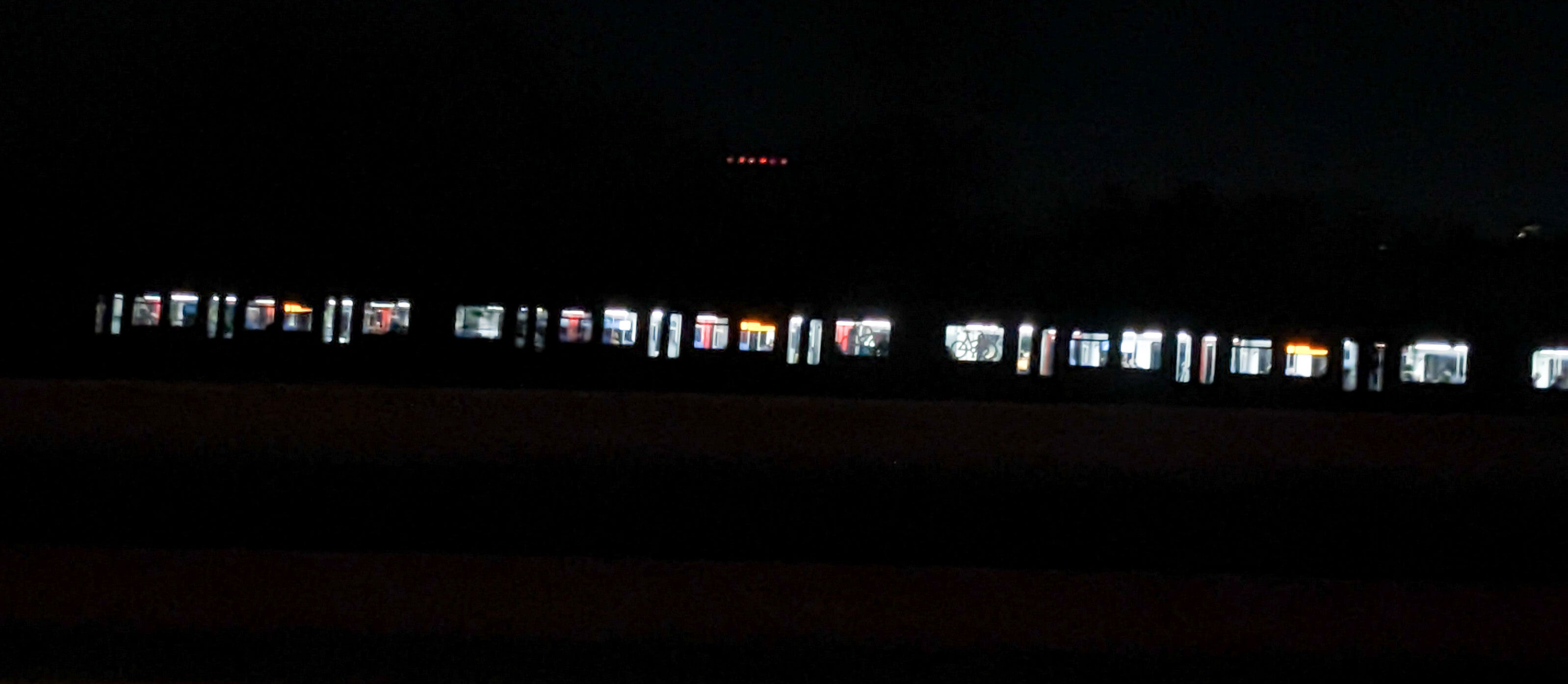
Victoria Likholet
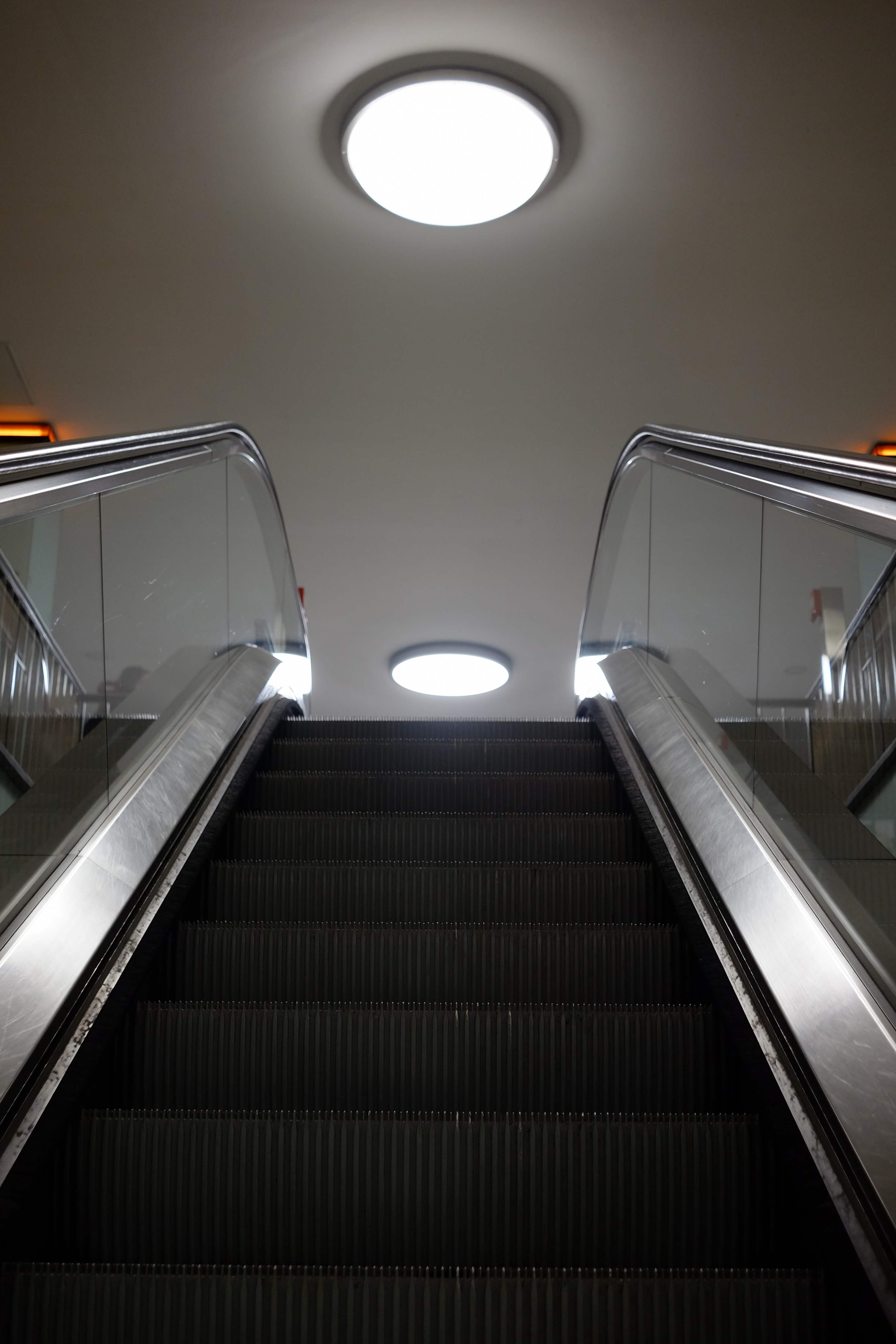
Maria Petrenko
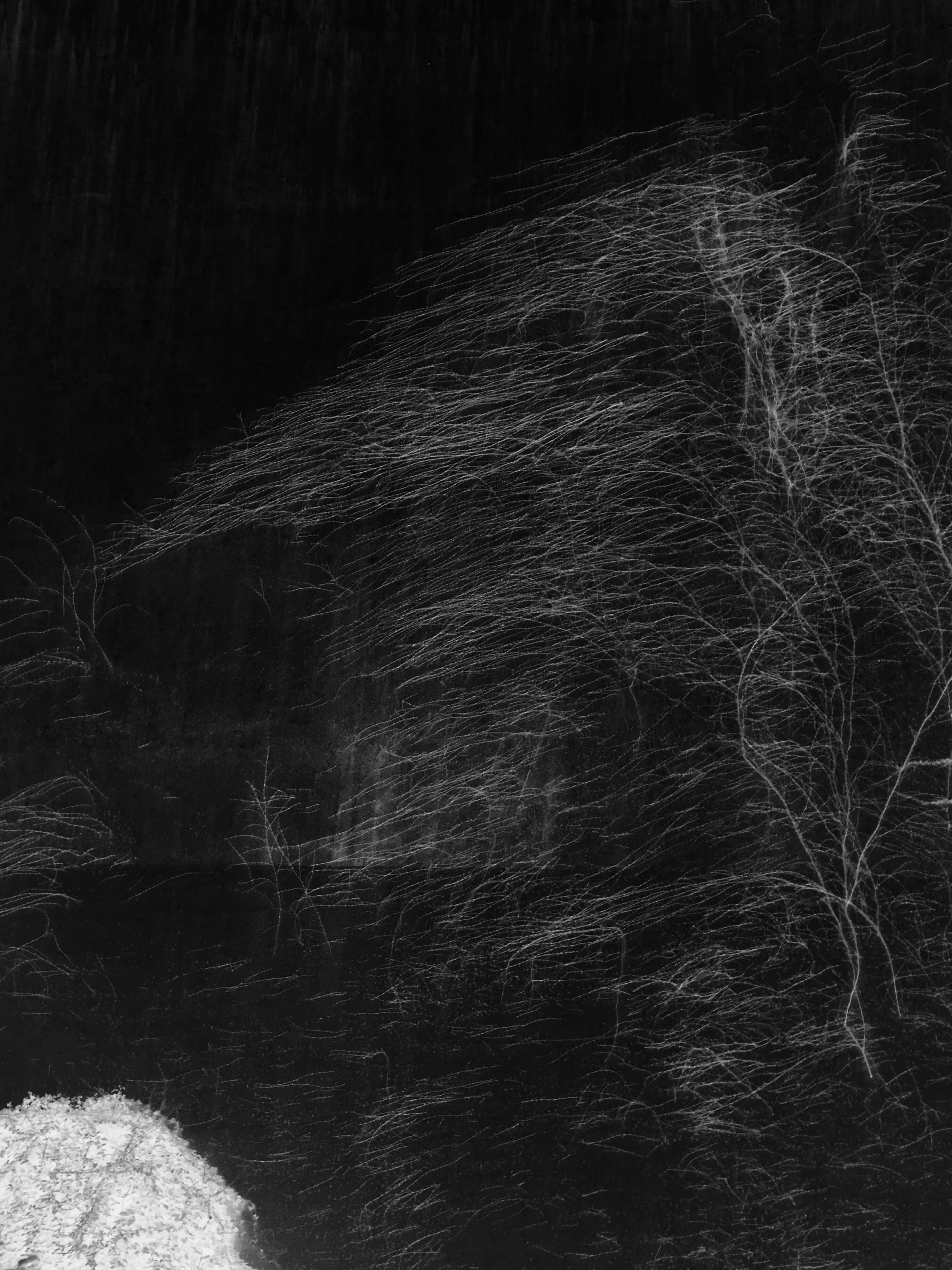
Victoria Likholet
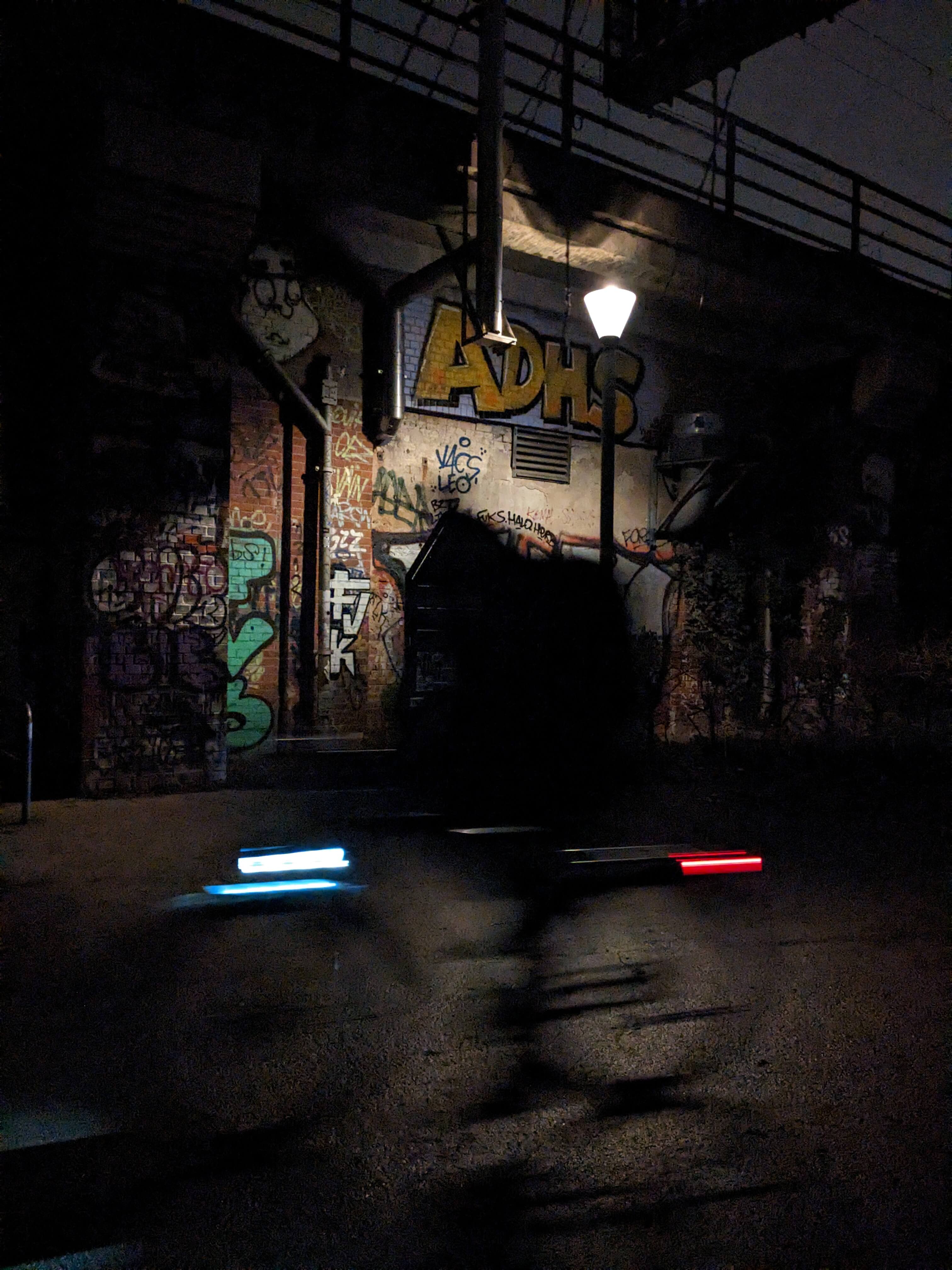
Victoria Likholet
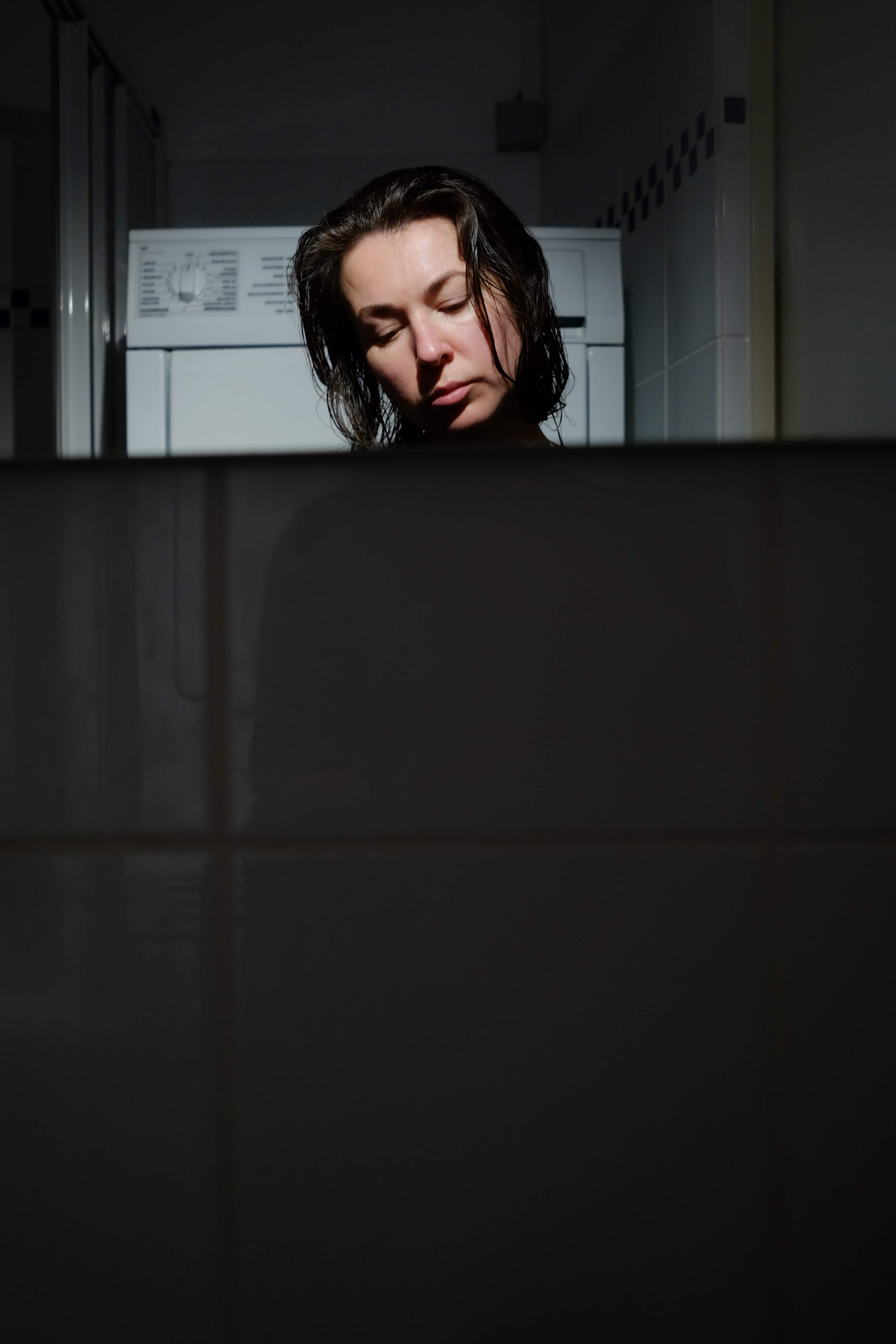
Maria Petrenko
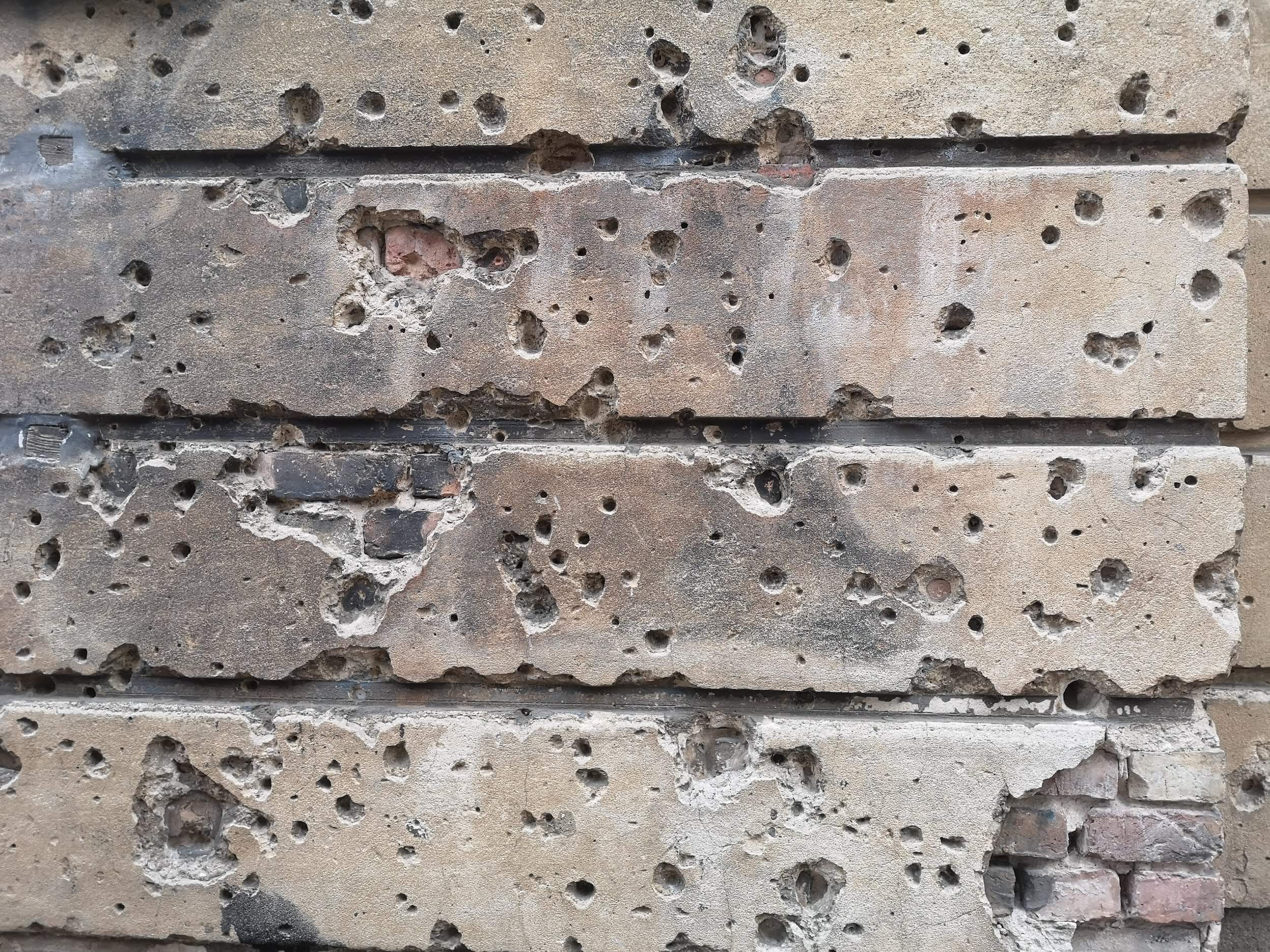
Victoria Likholet
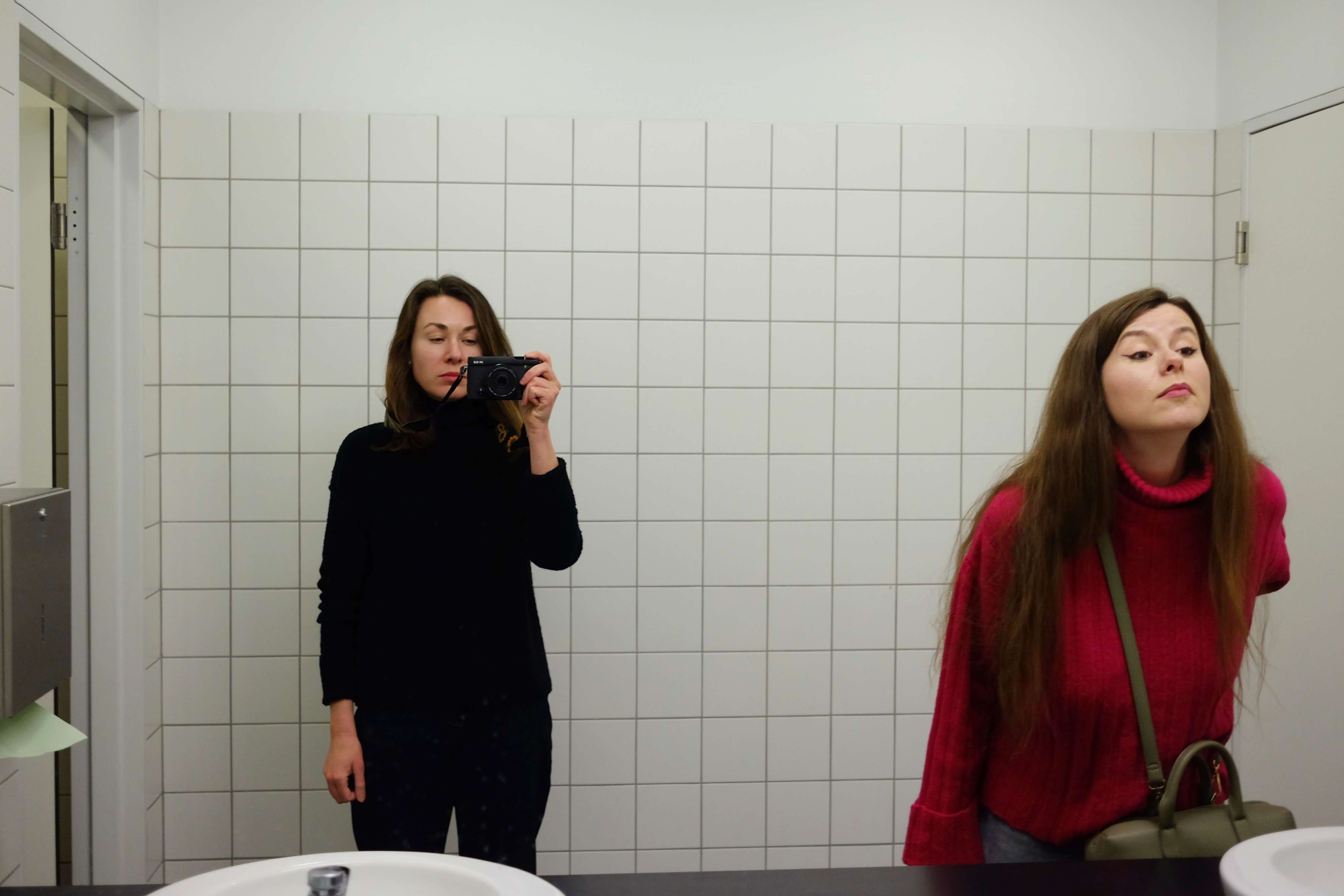
Maria Petrenko
New and best
